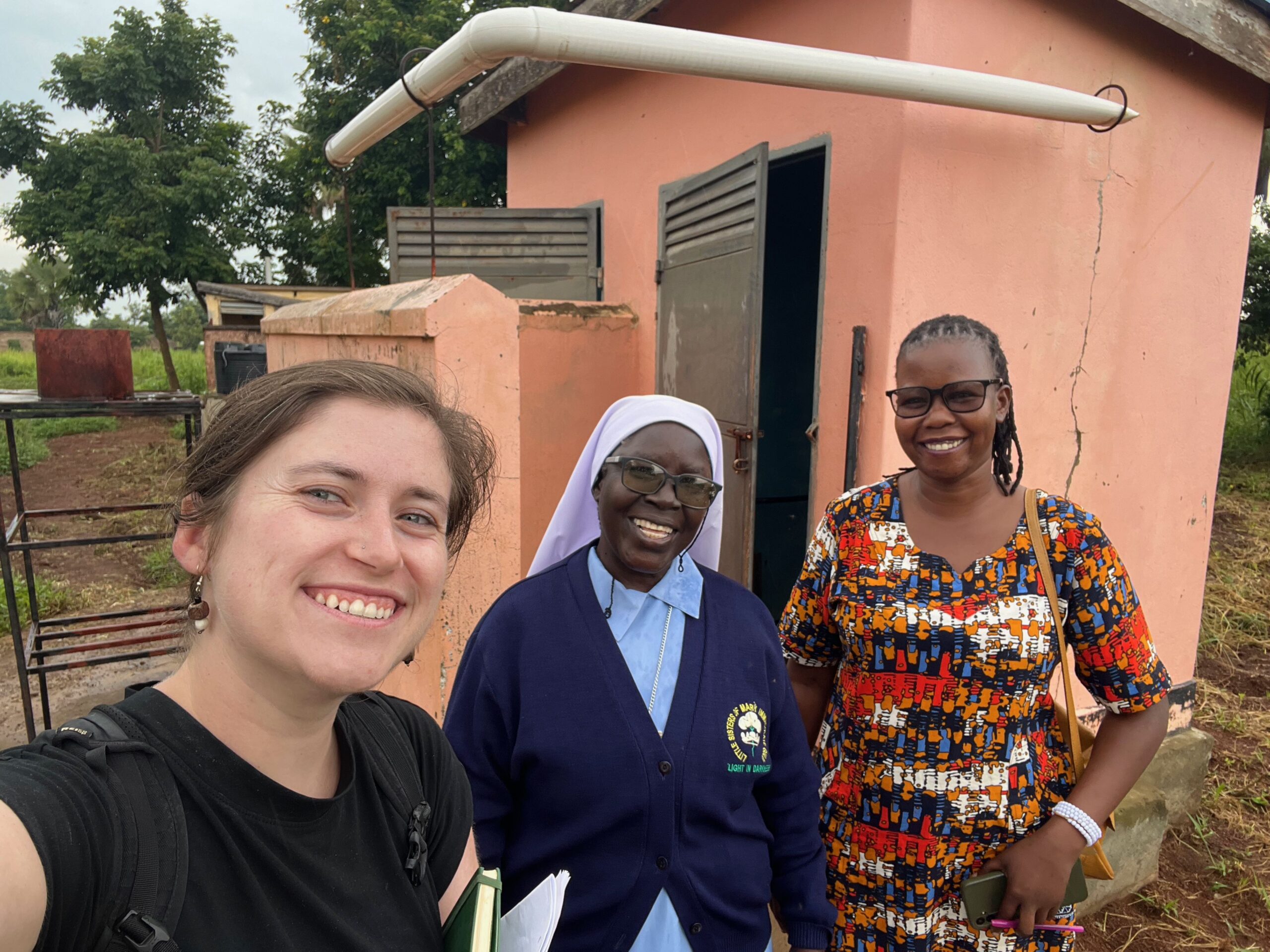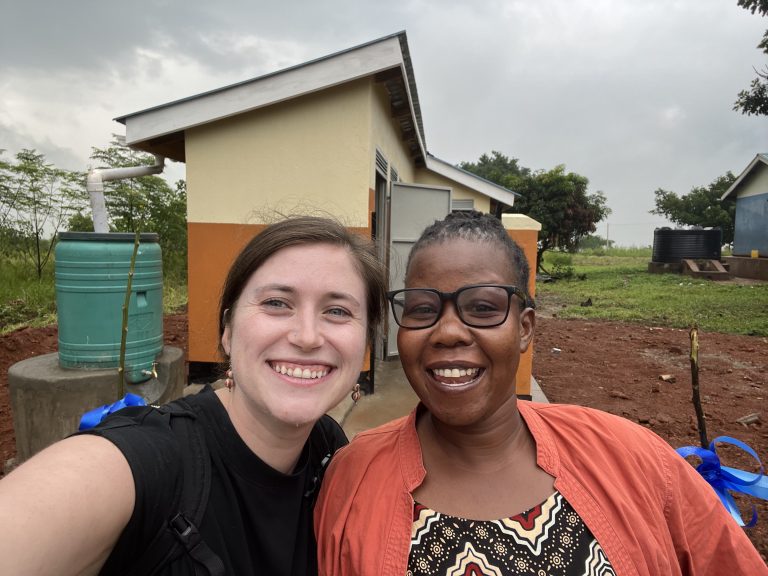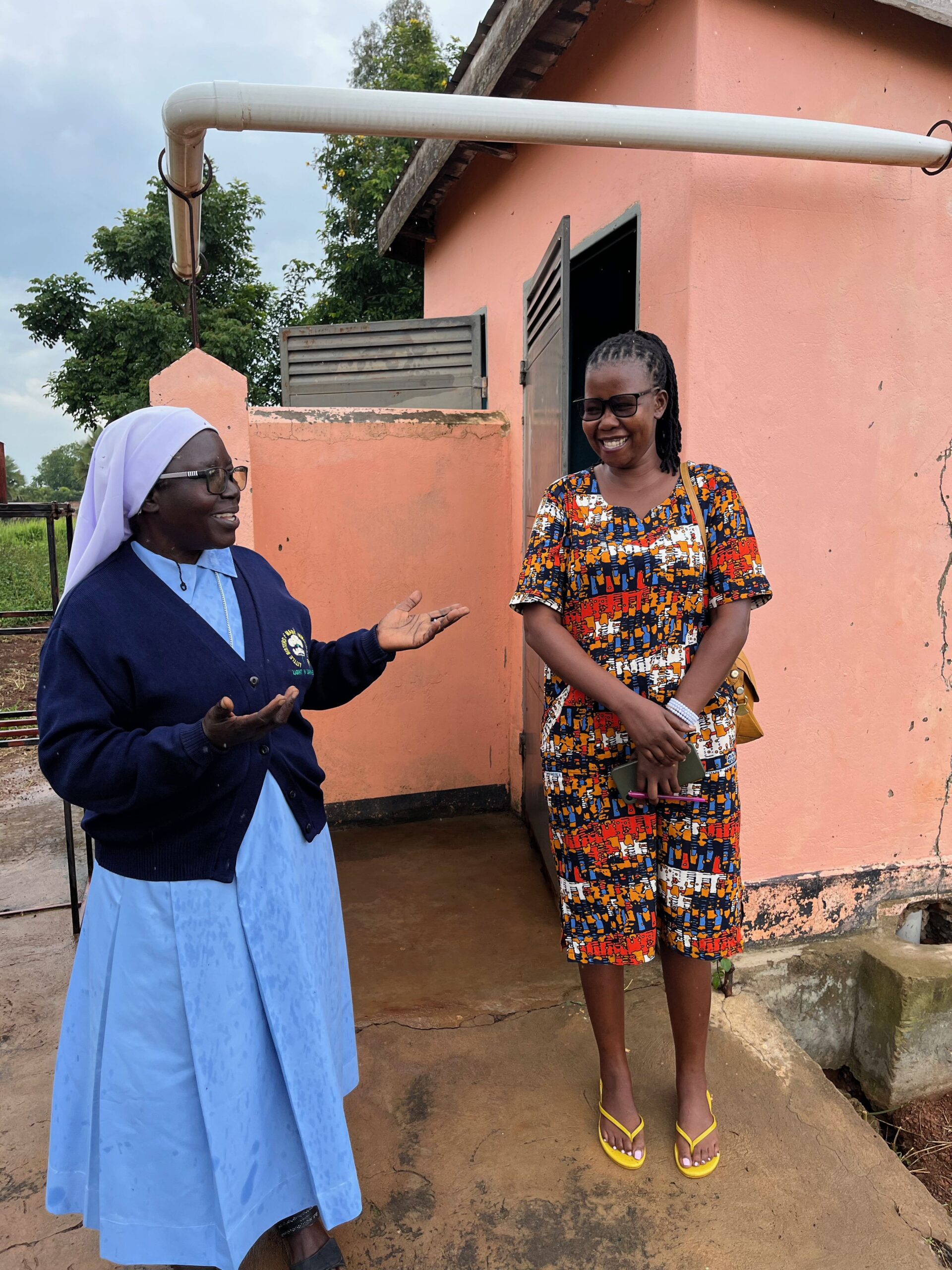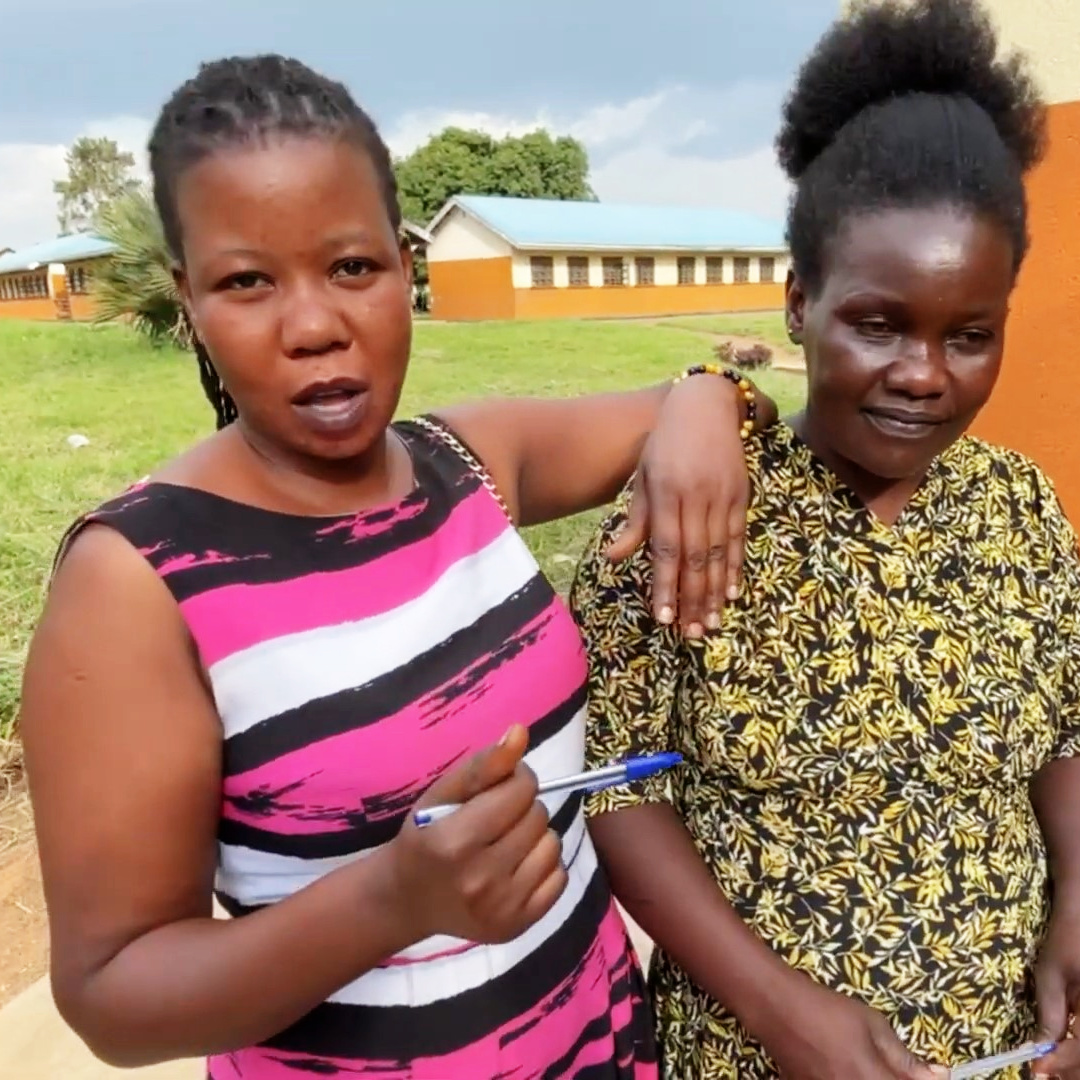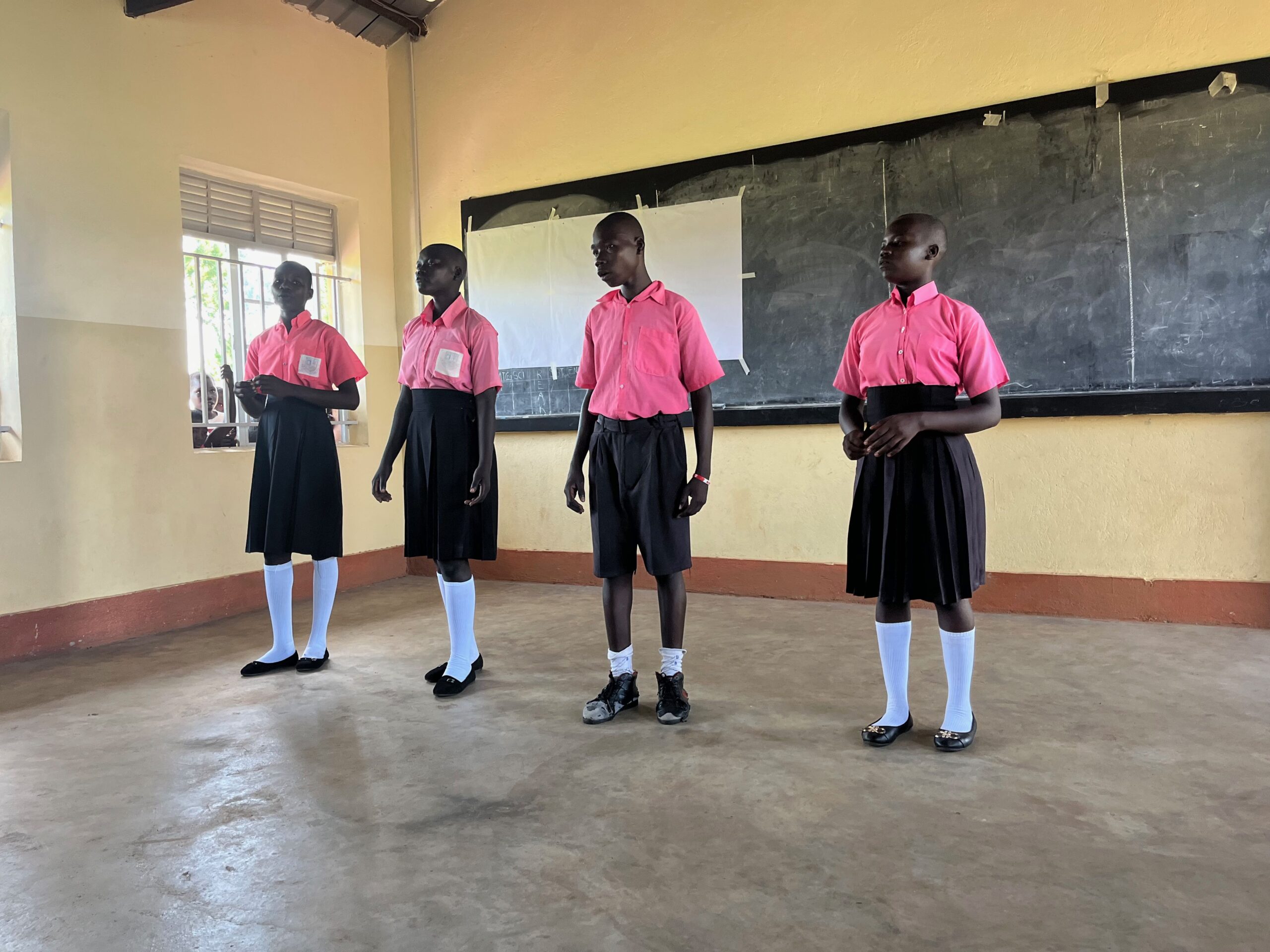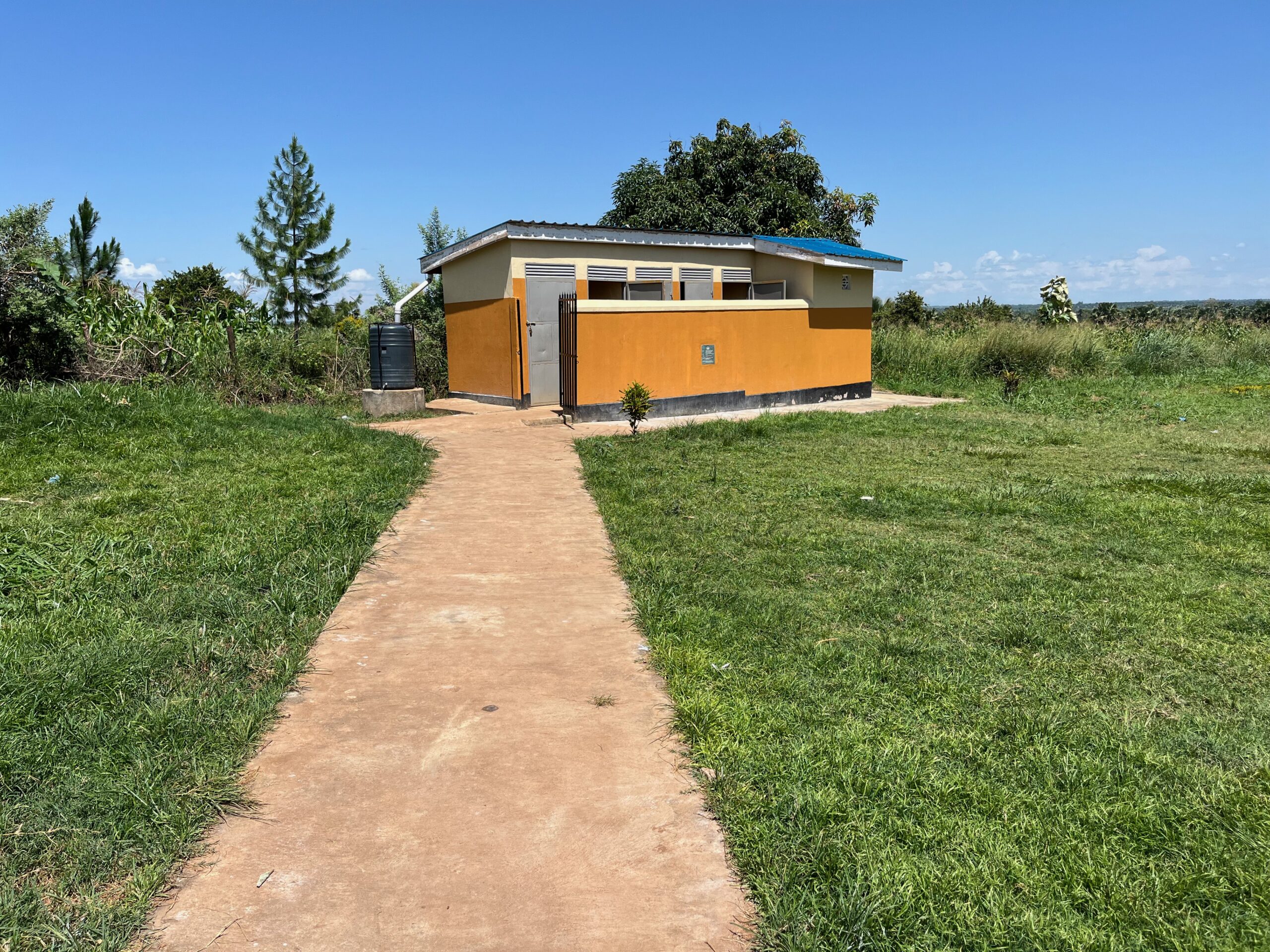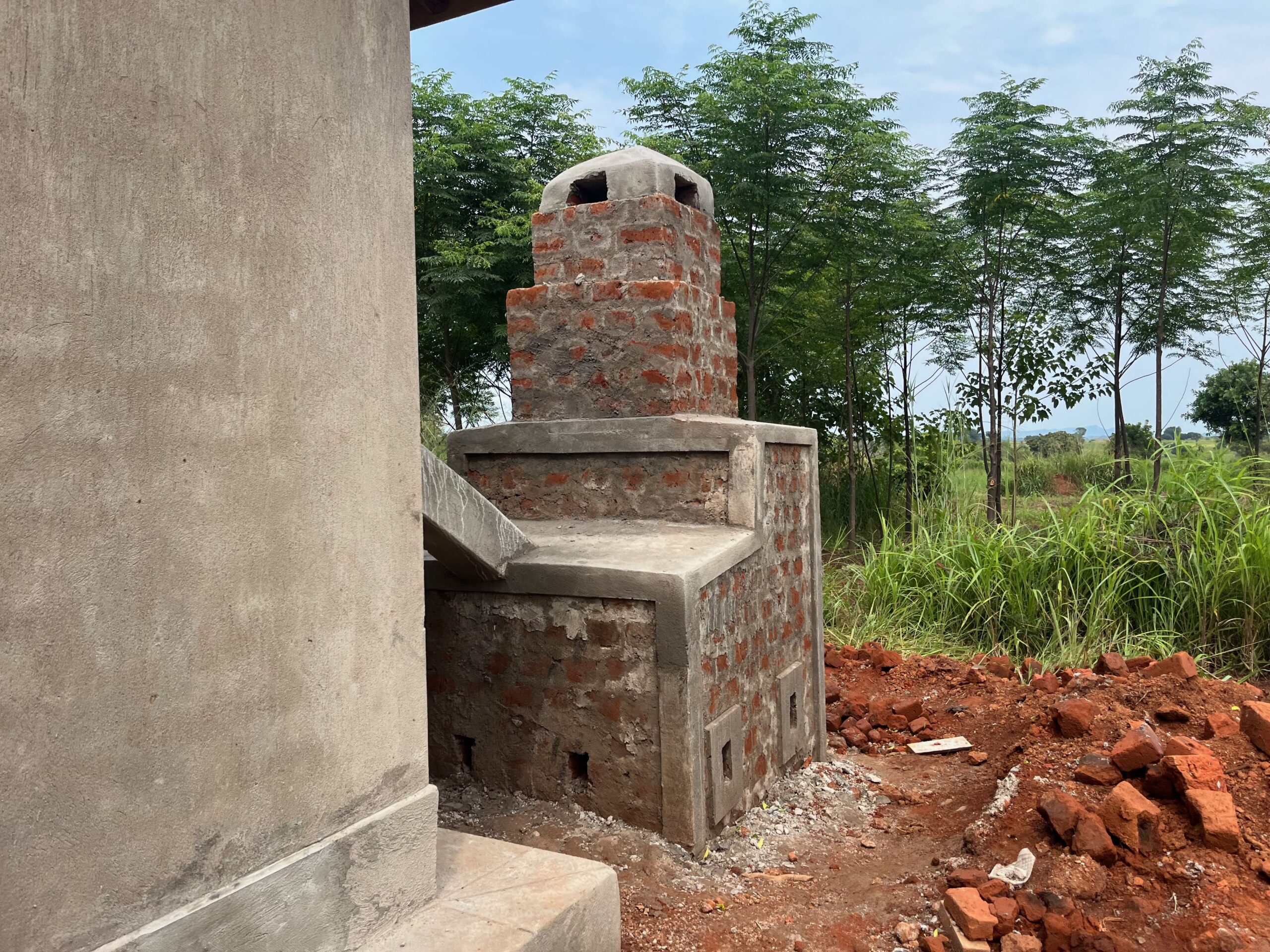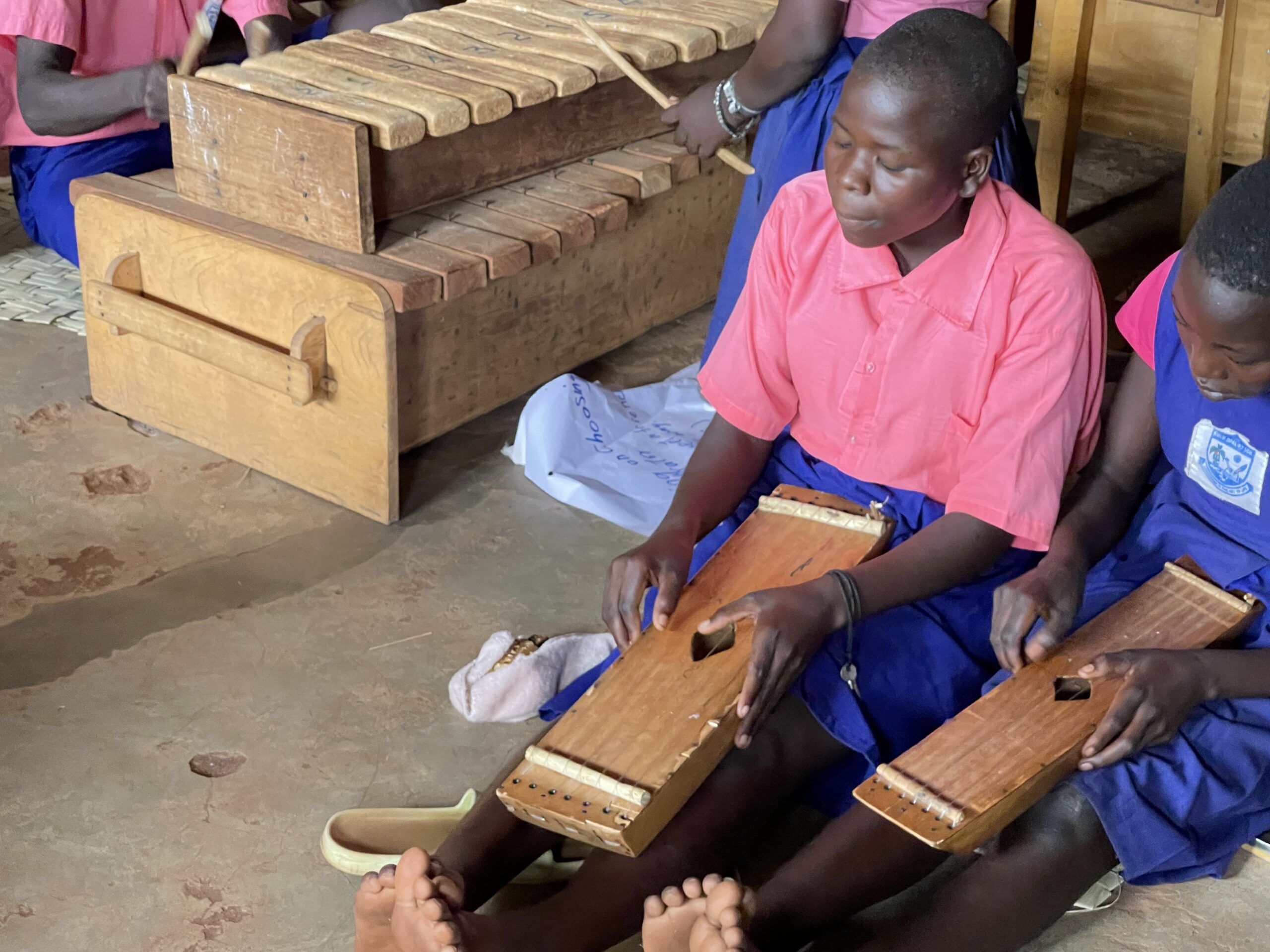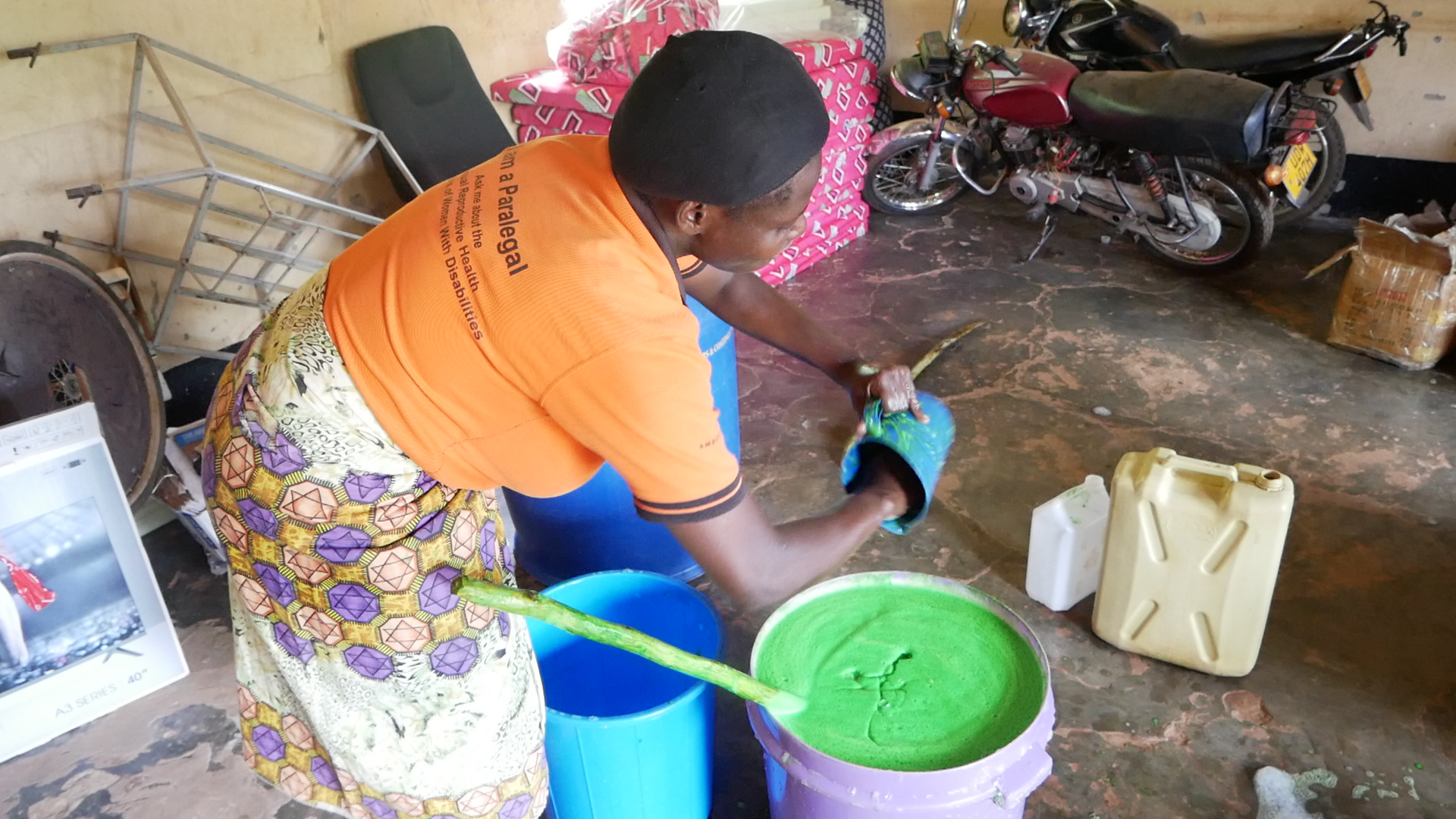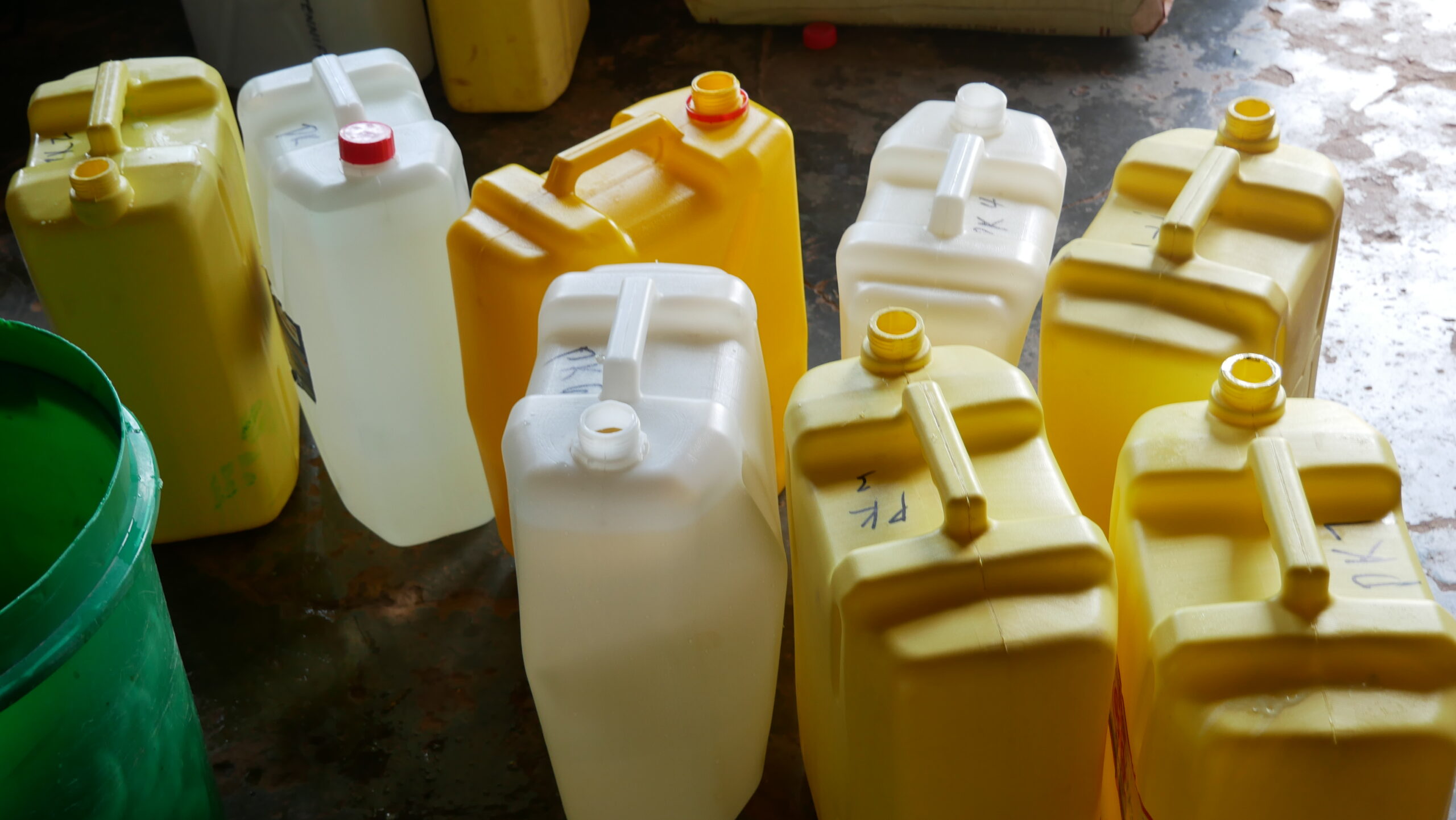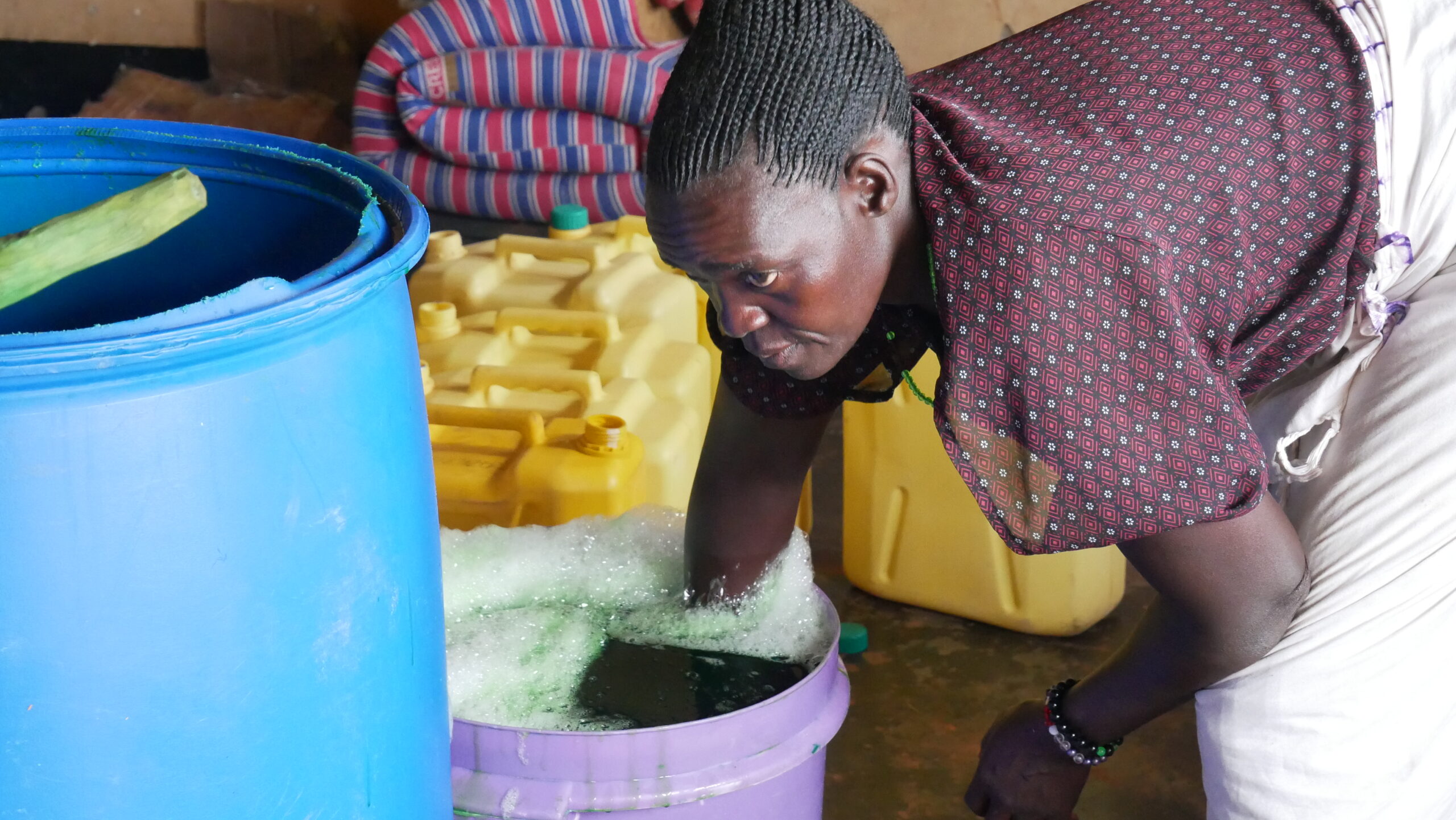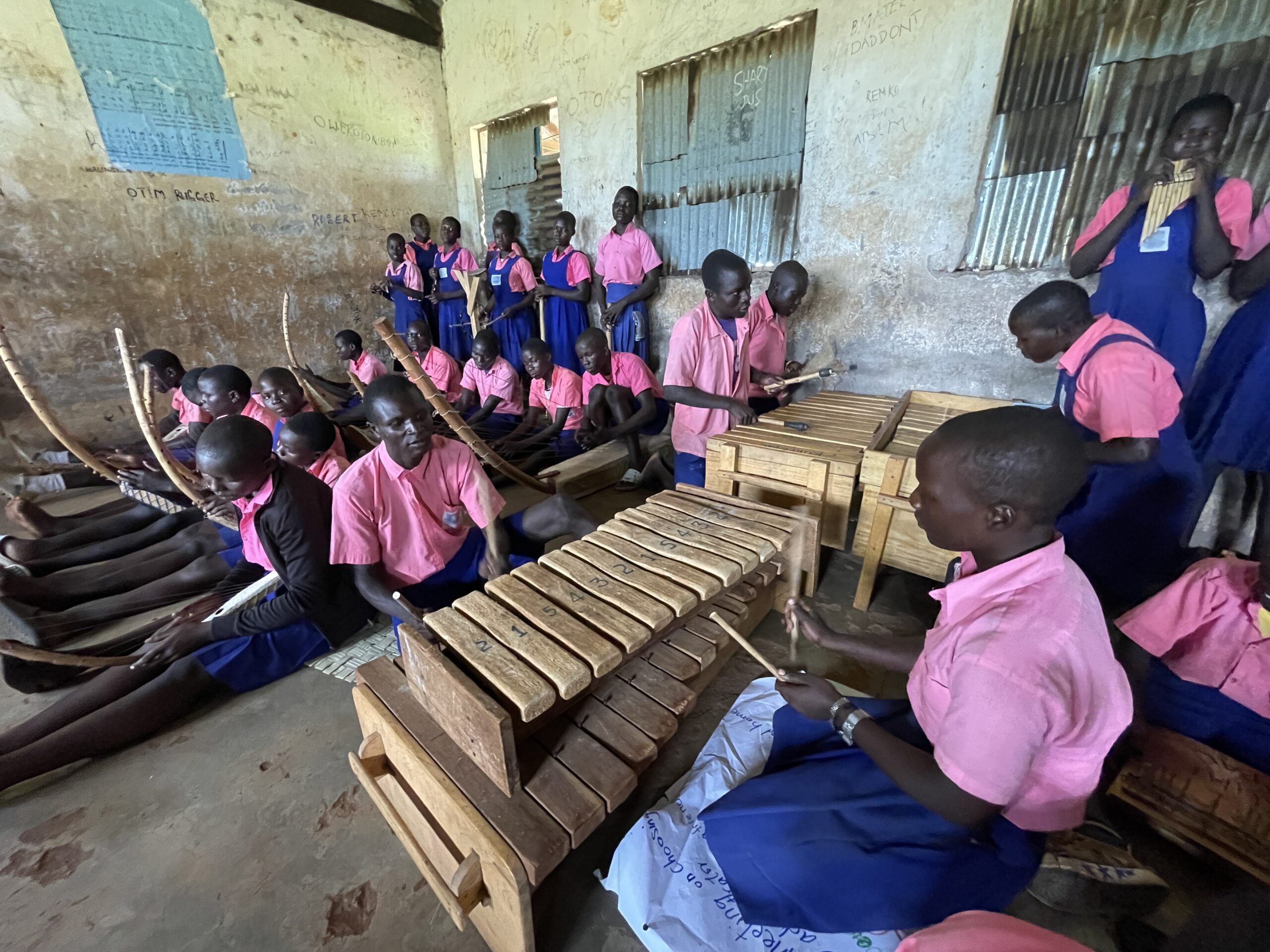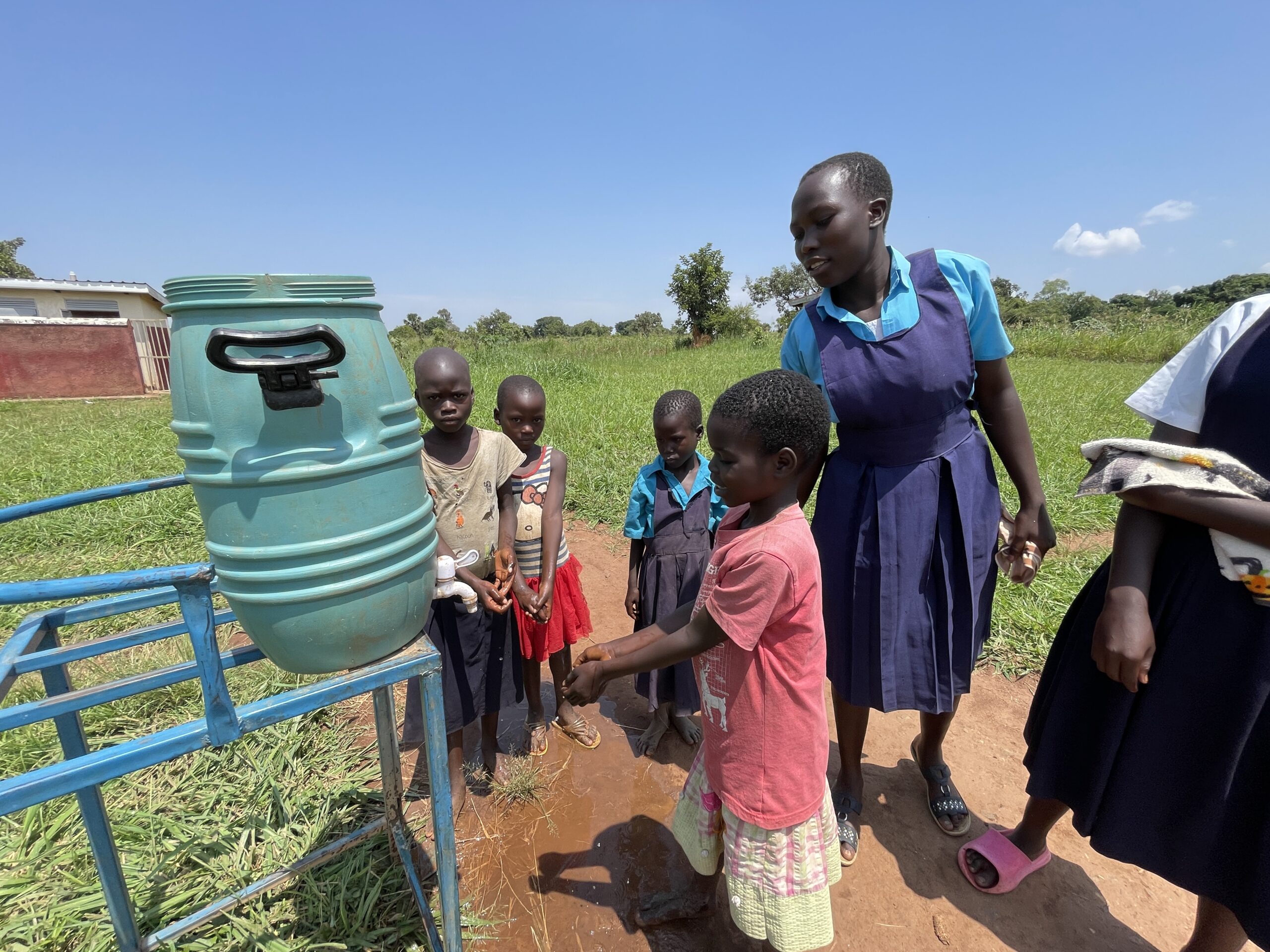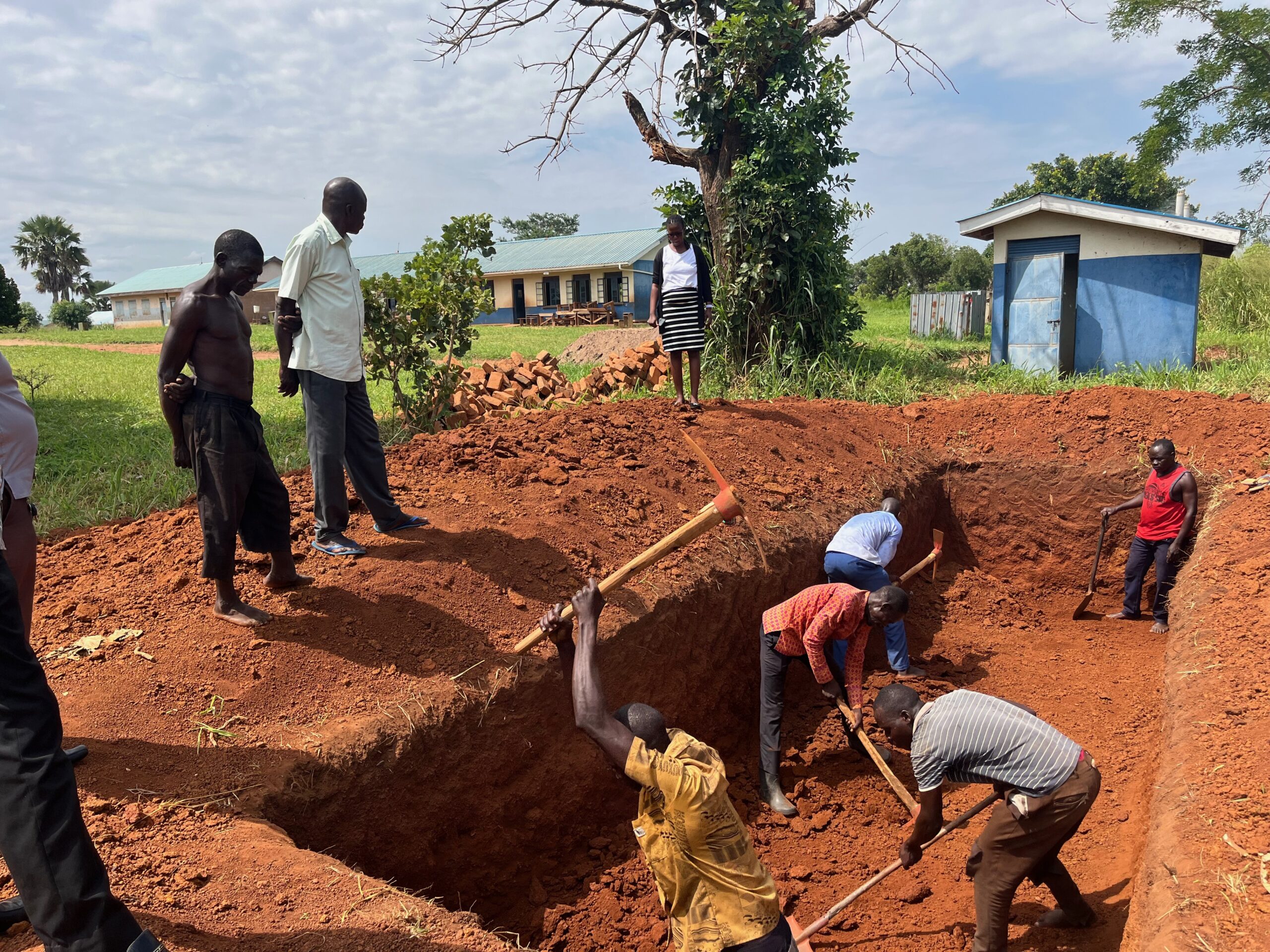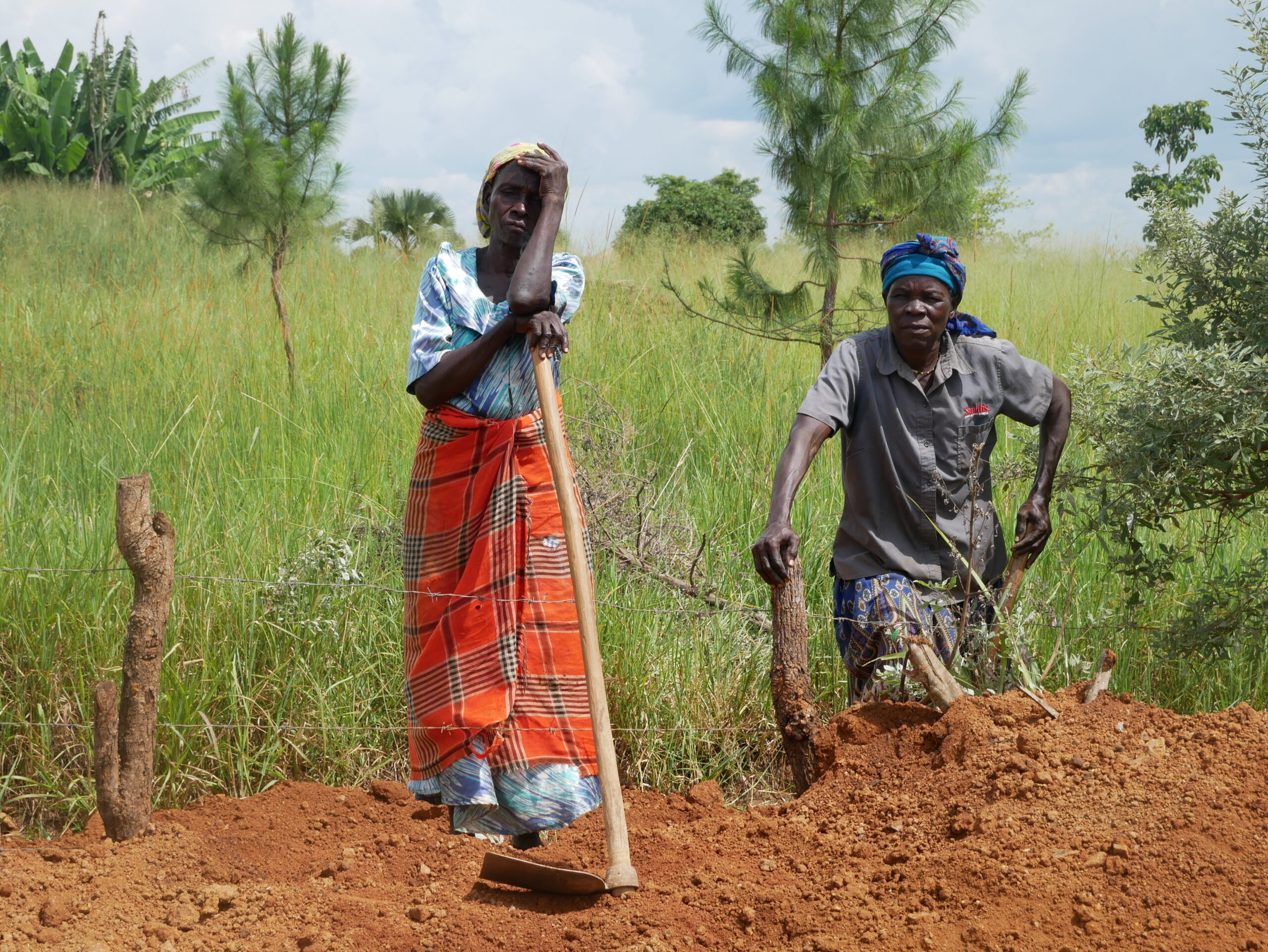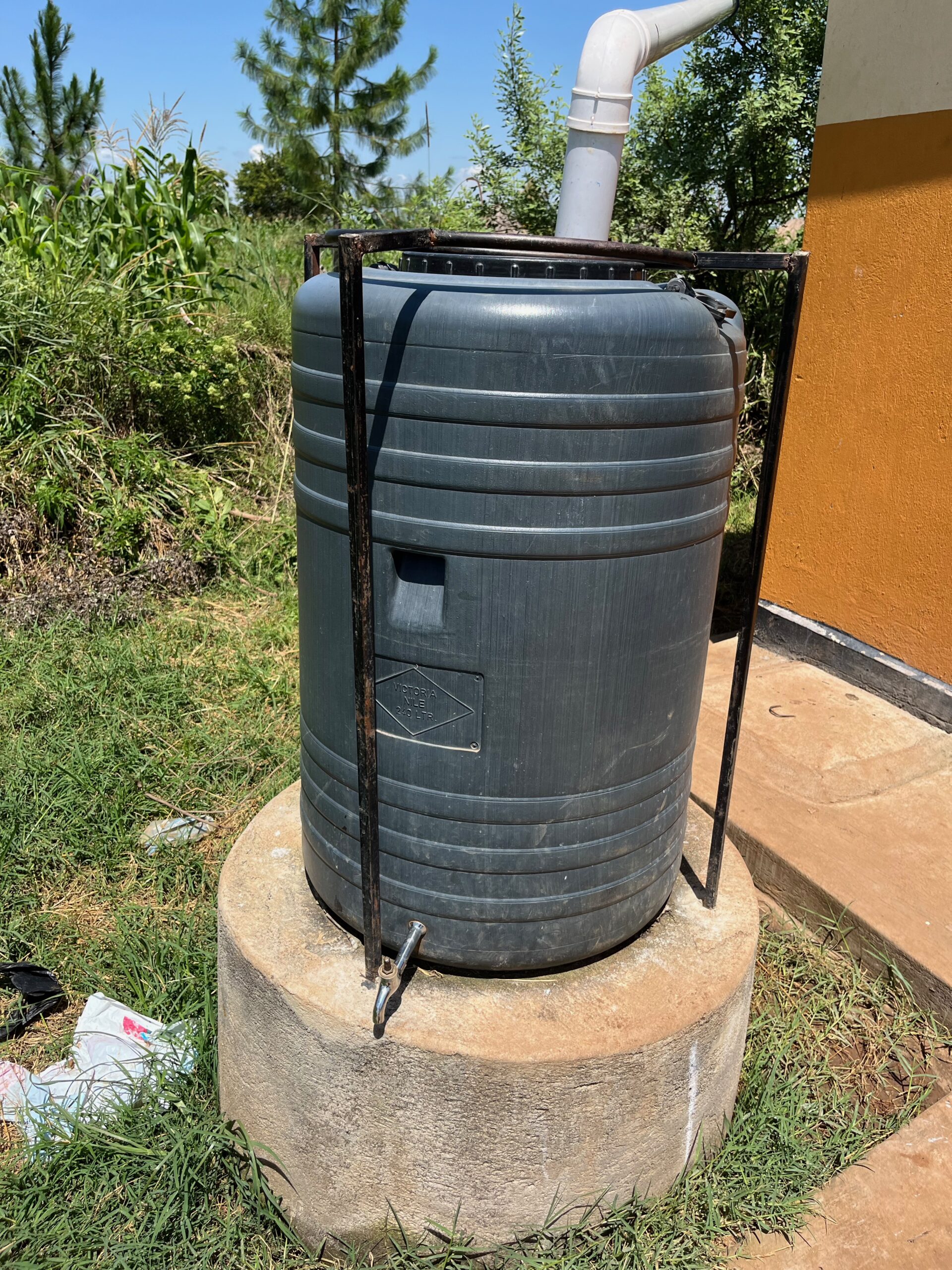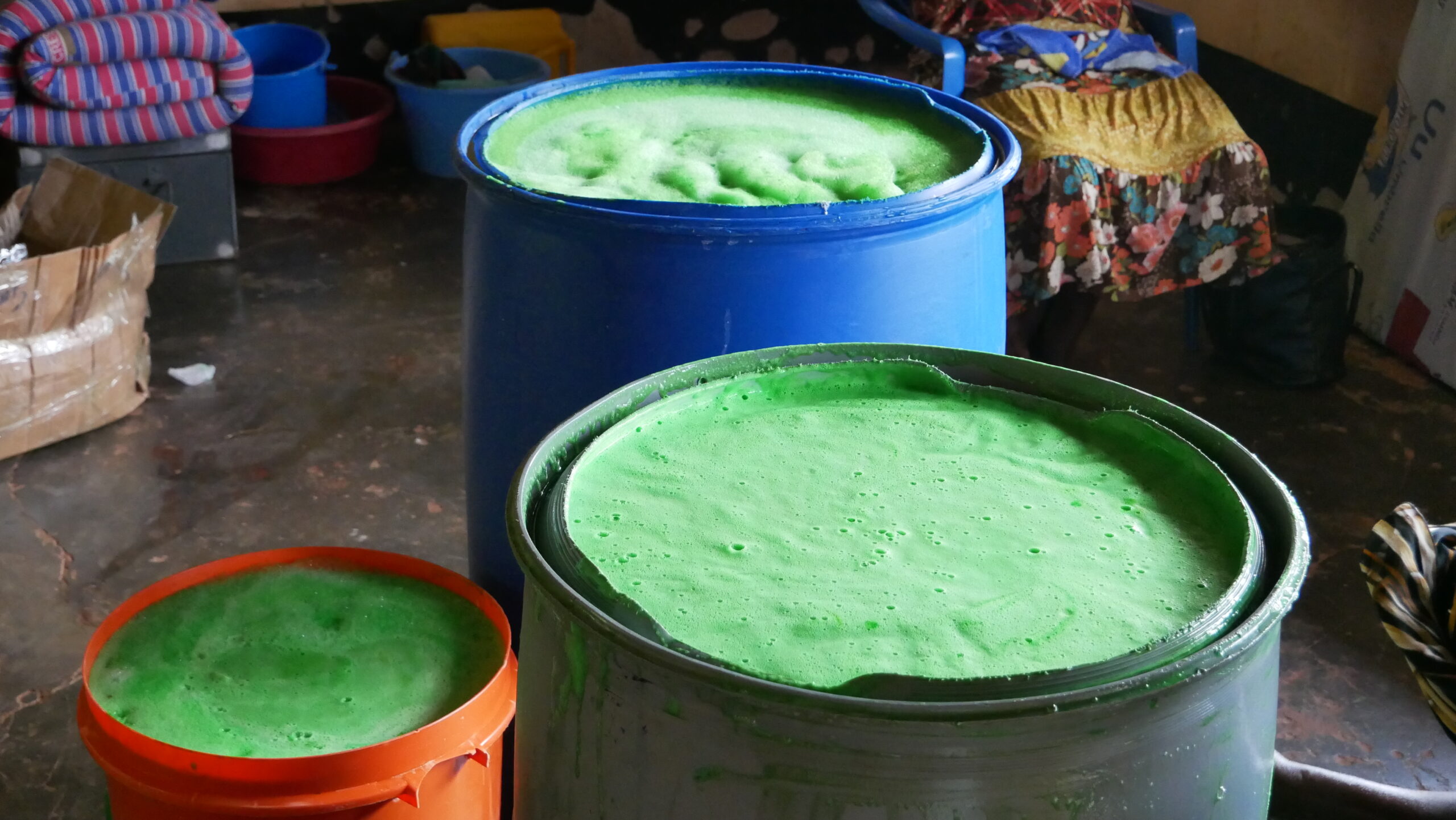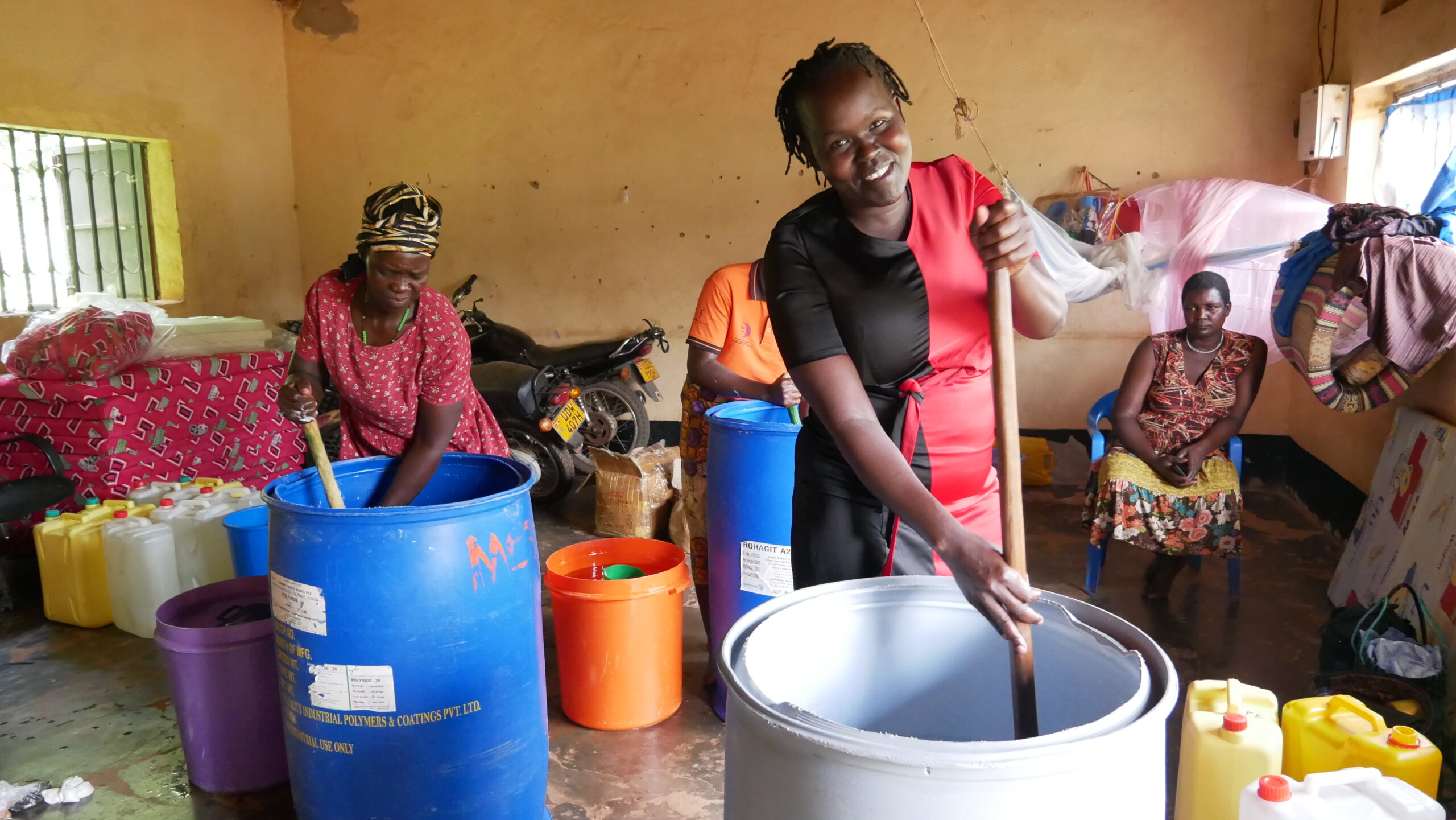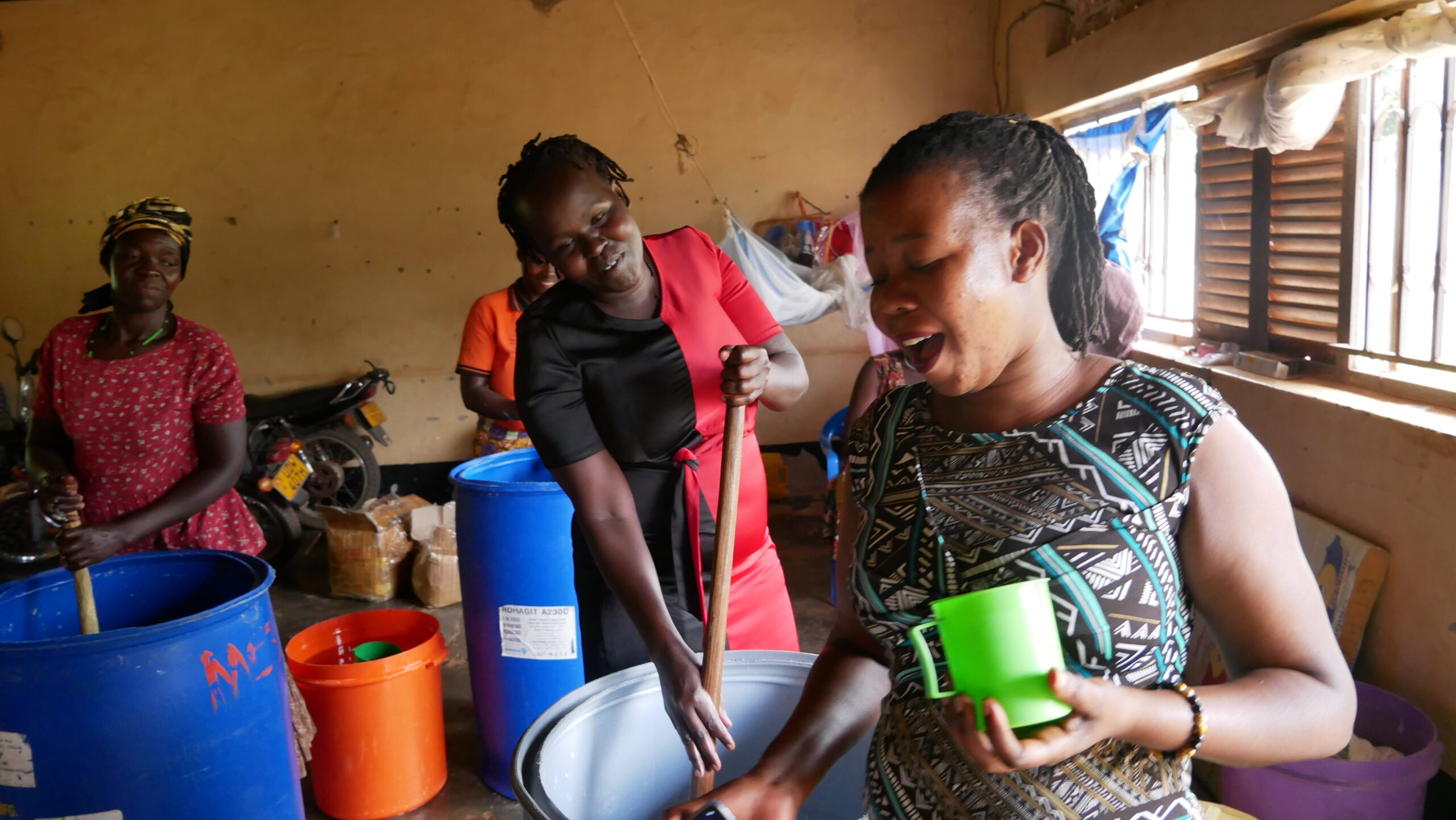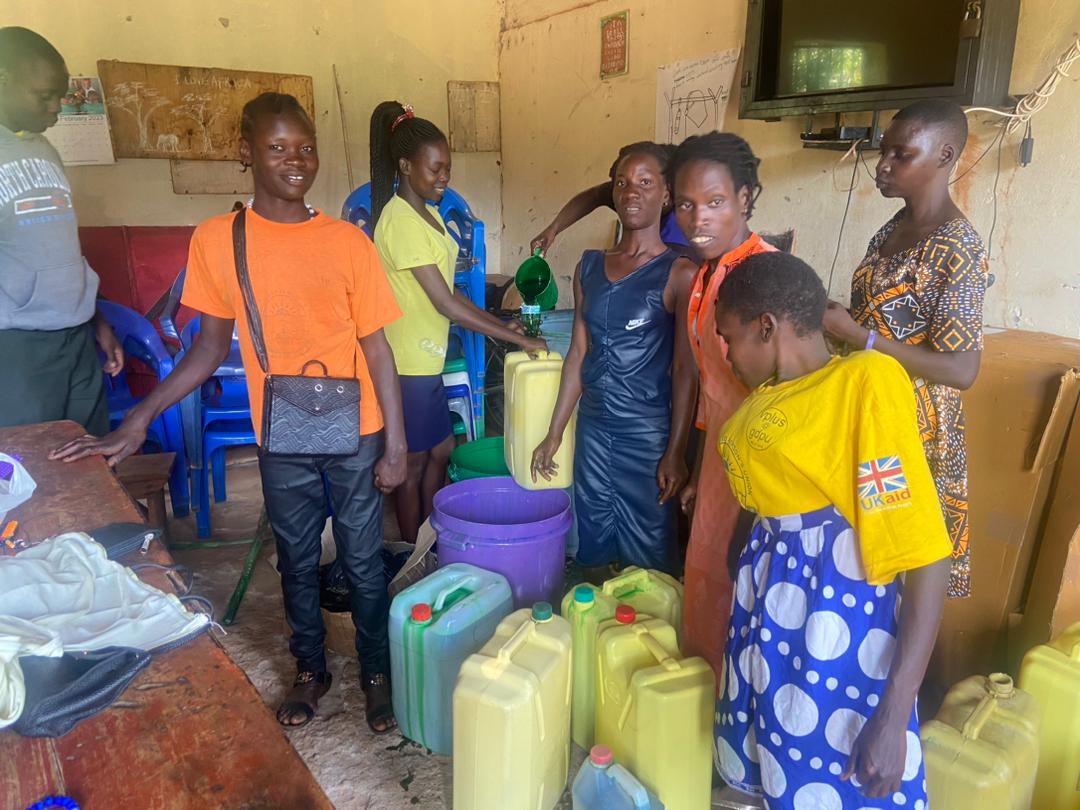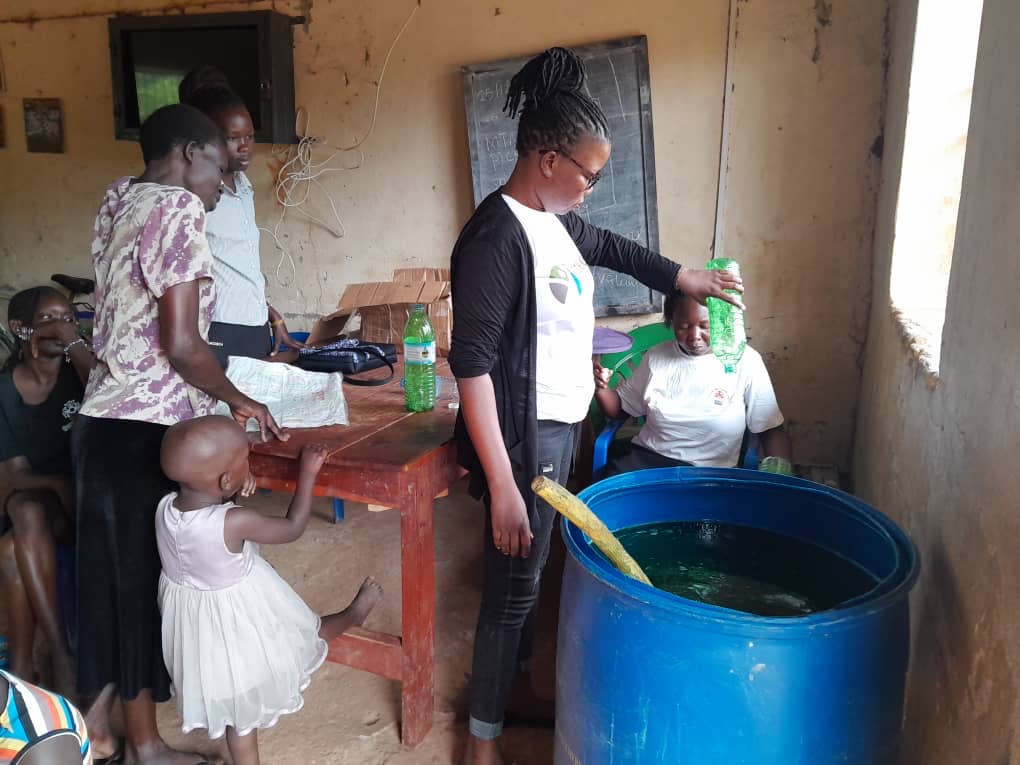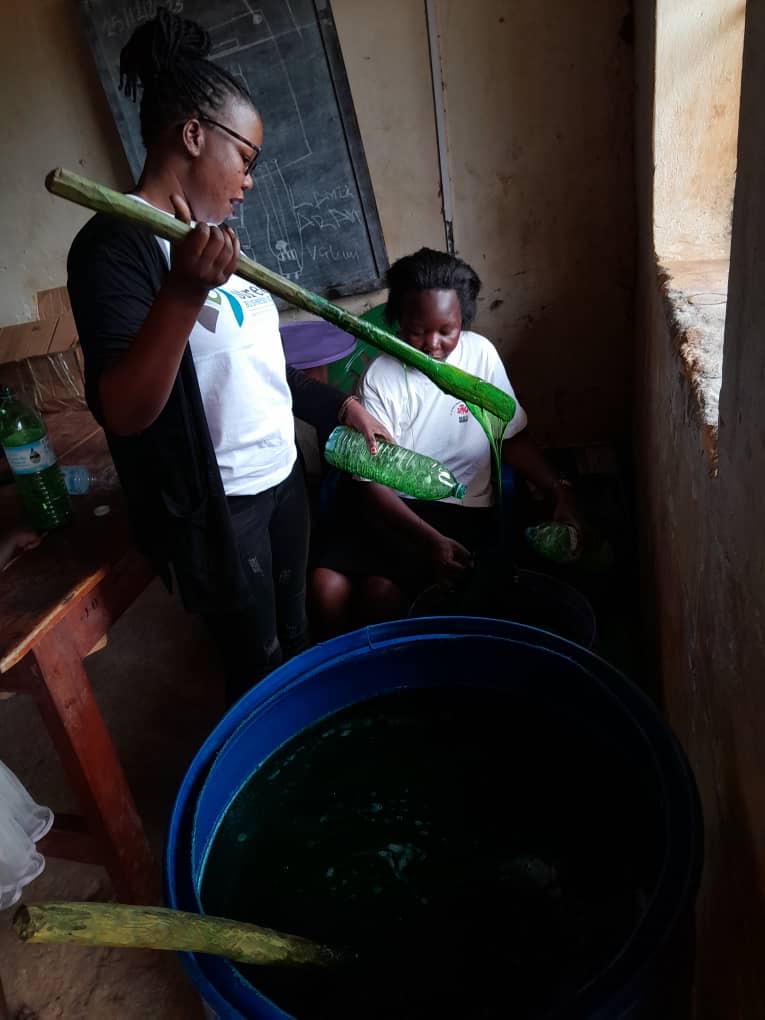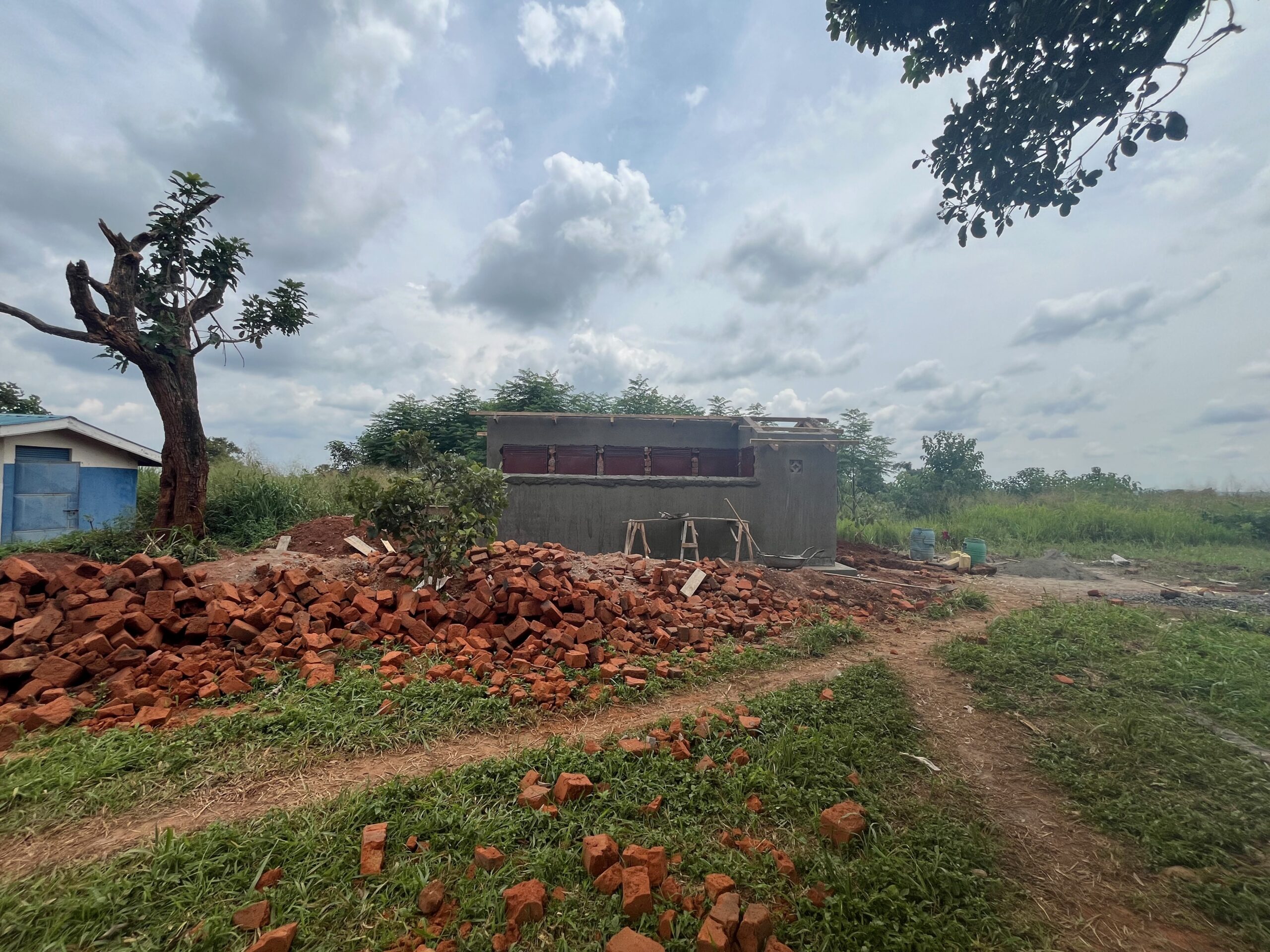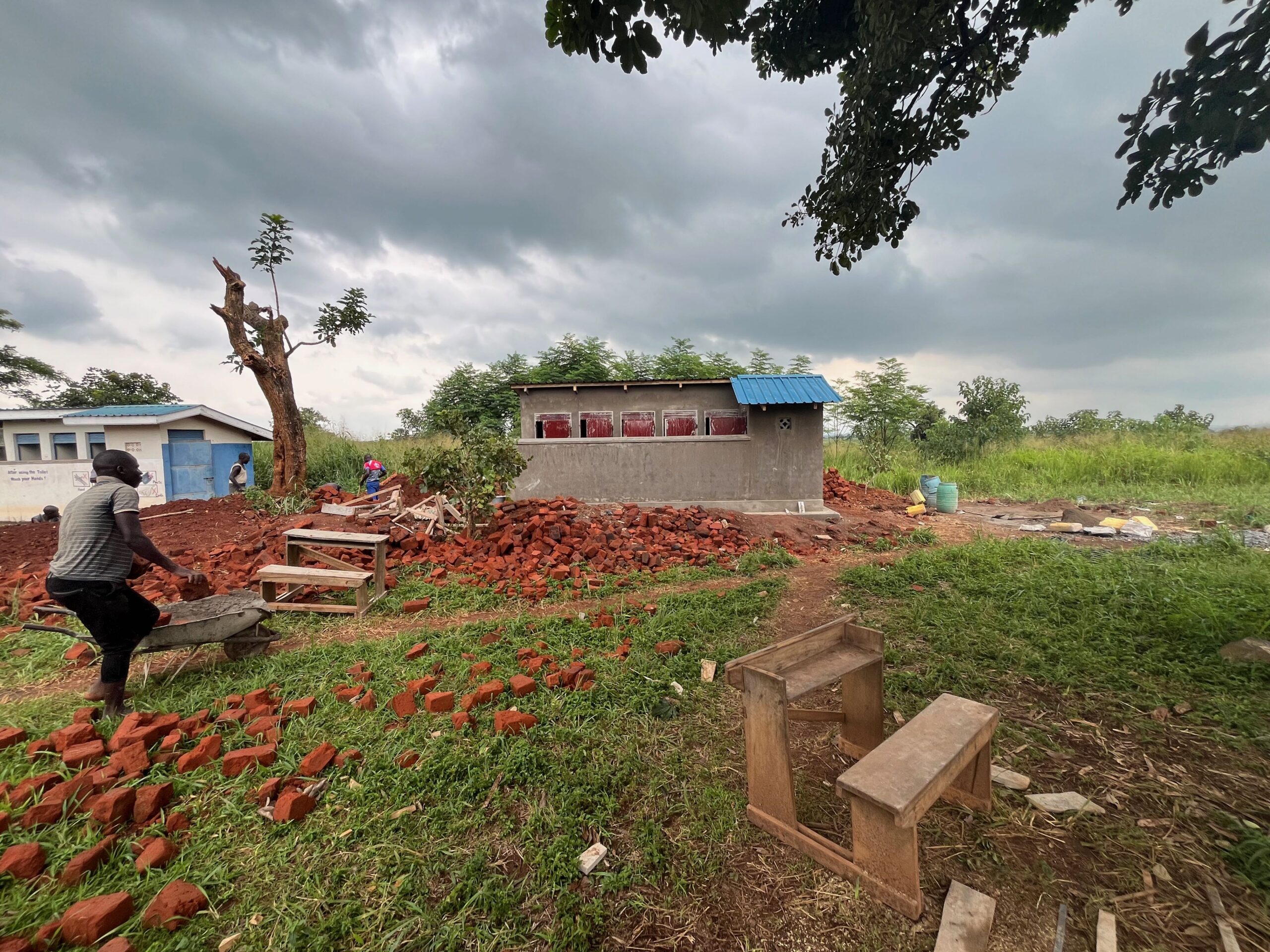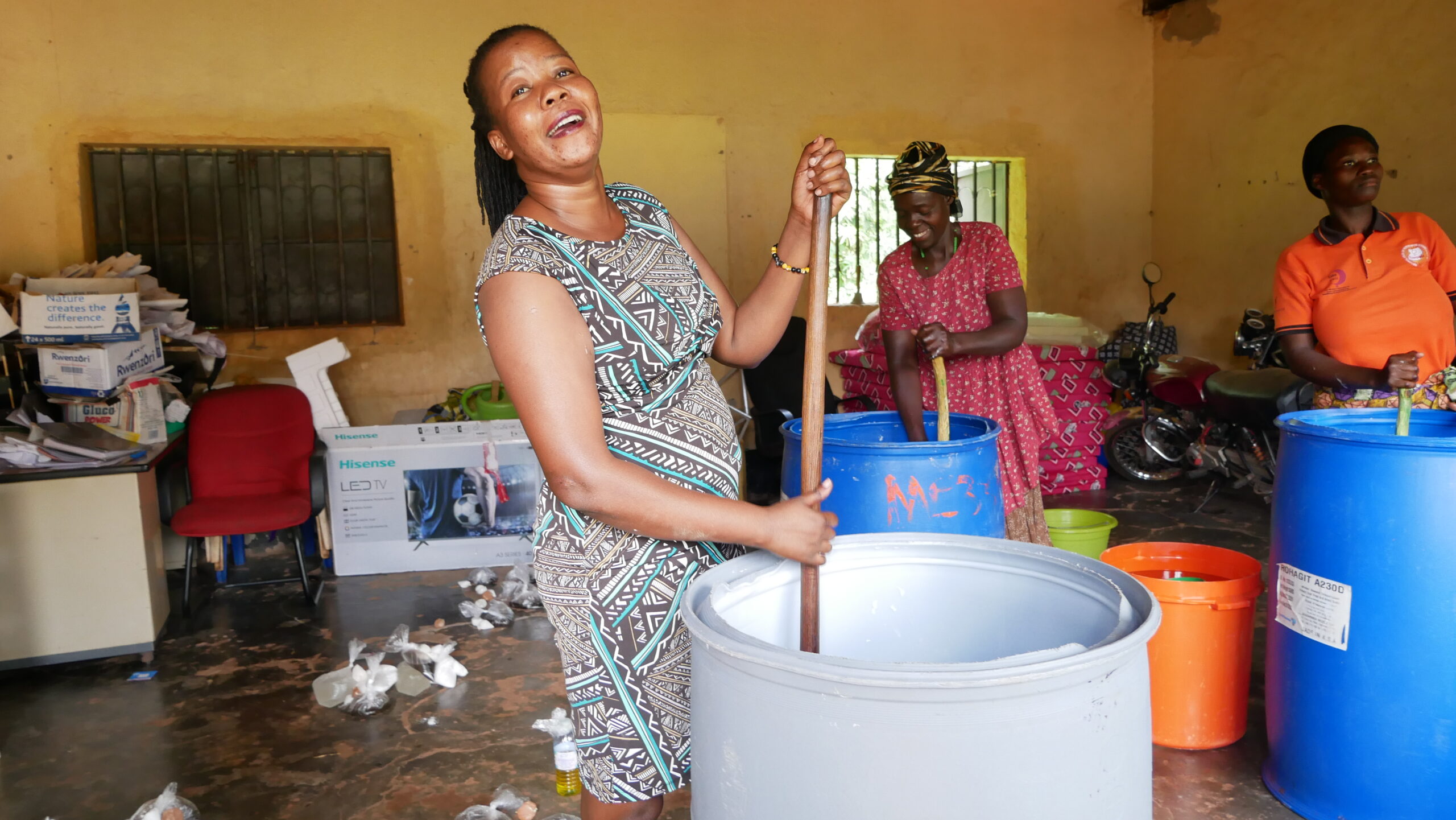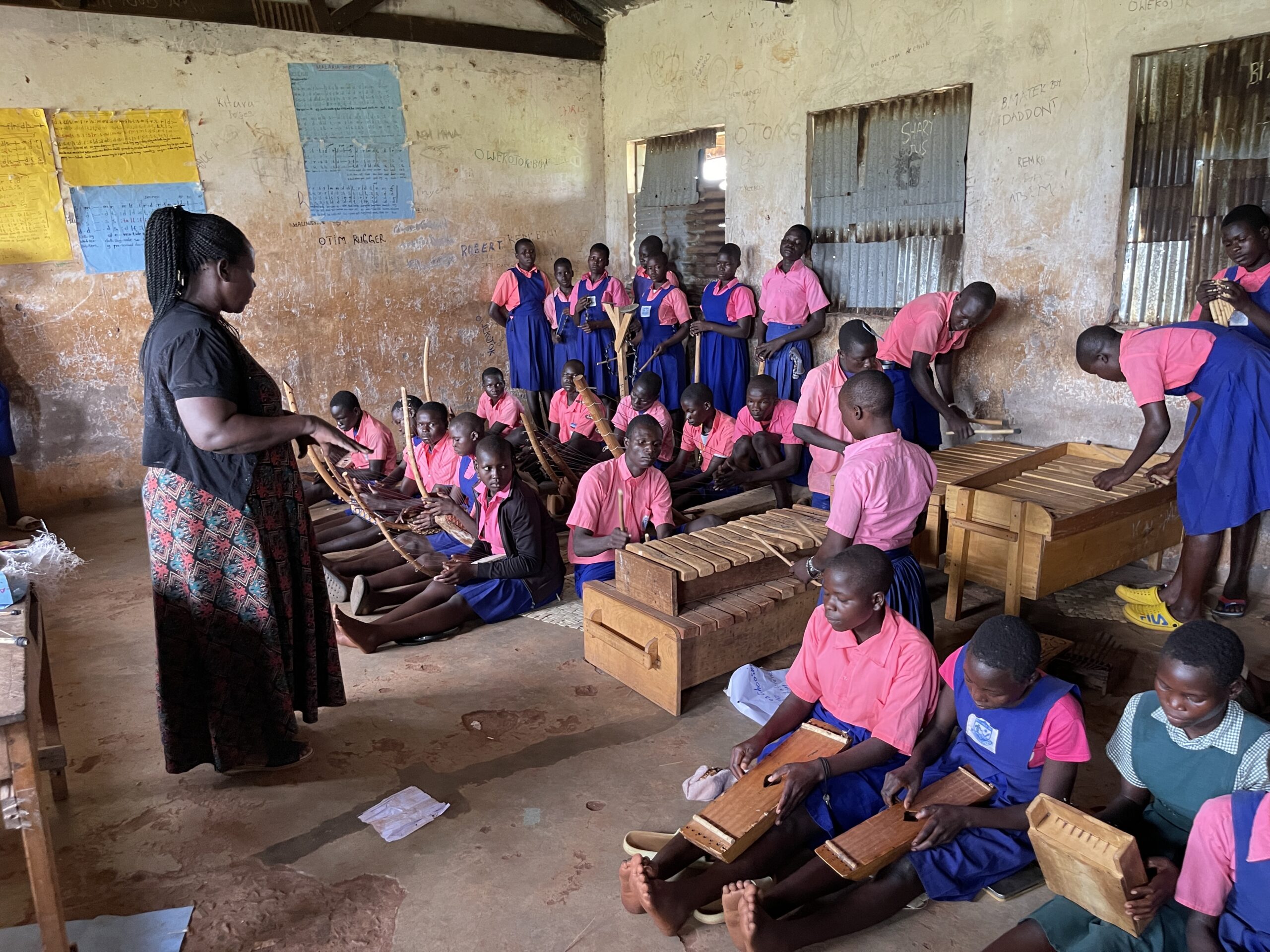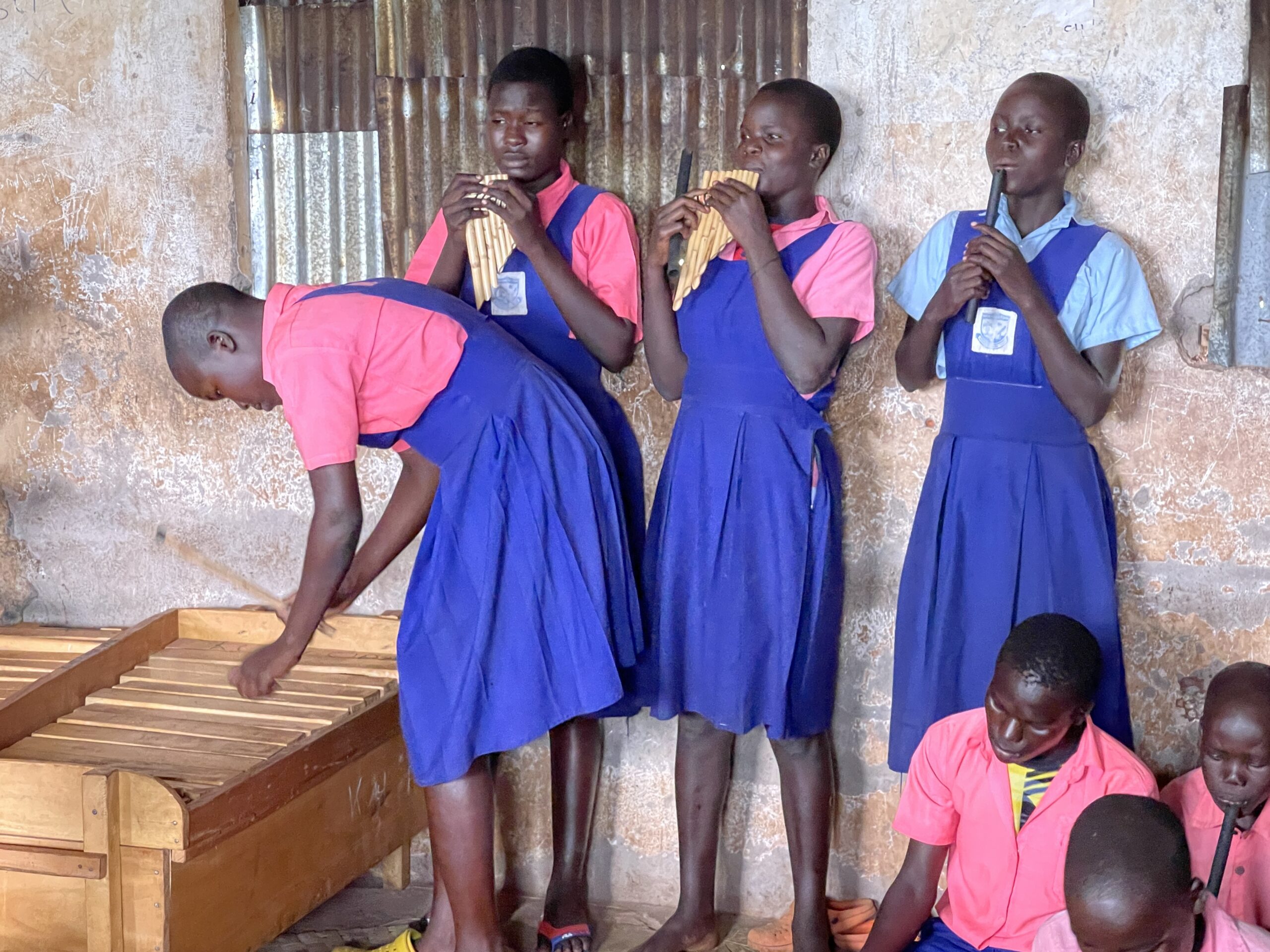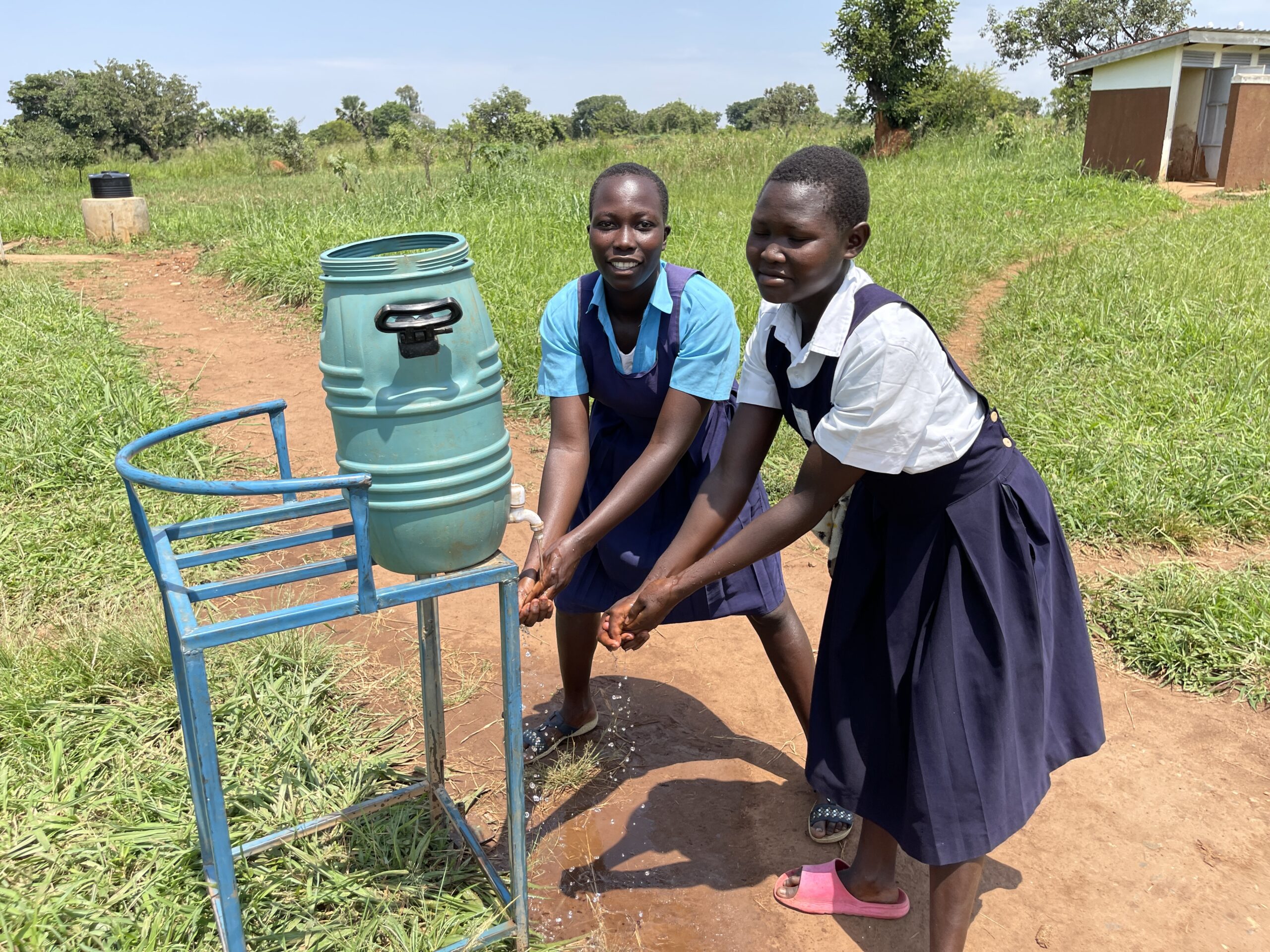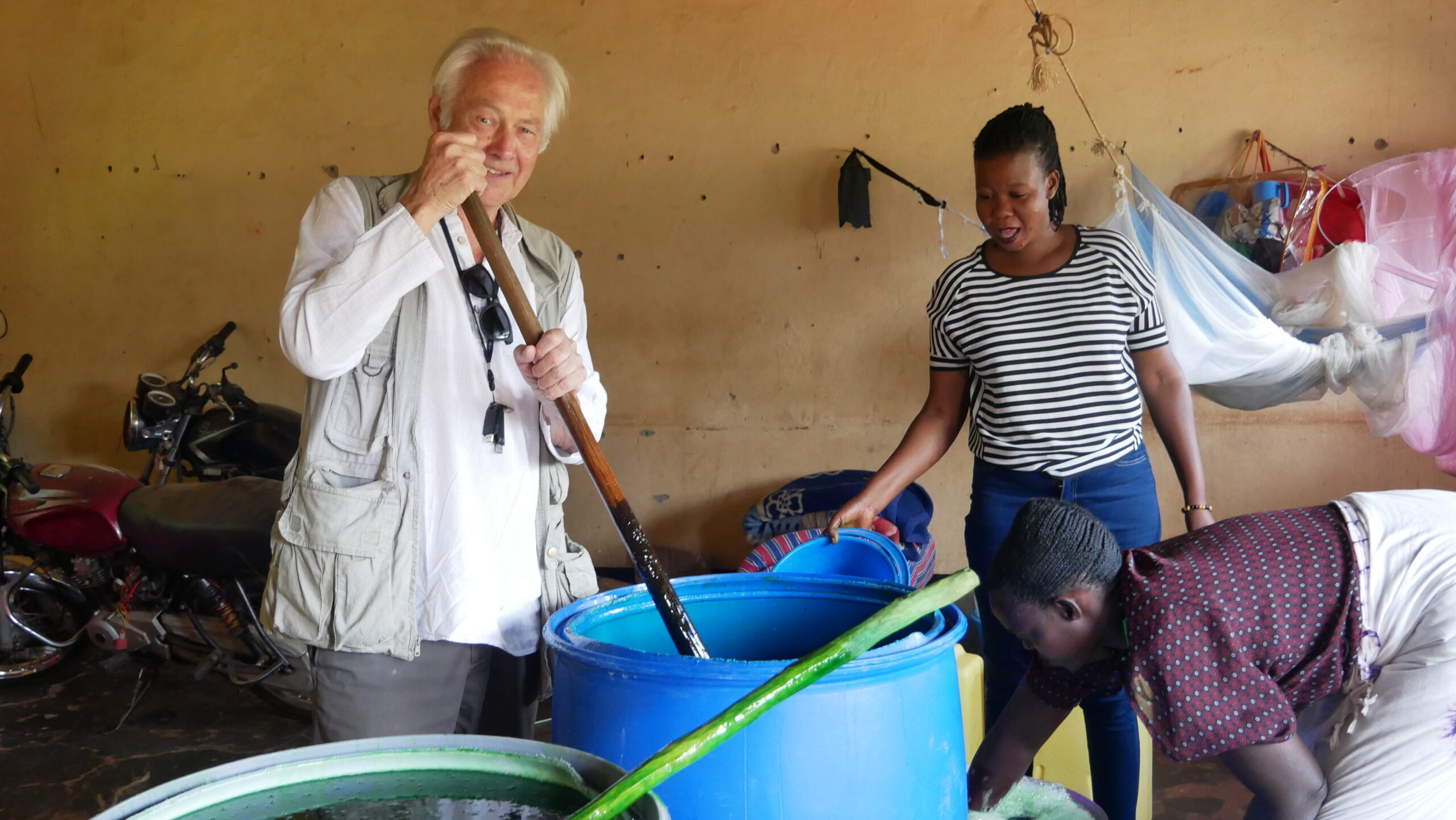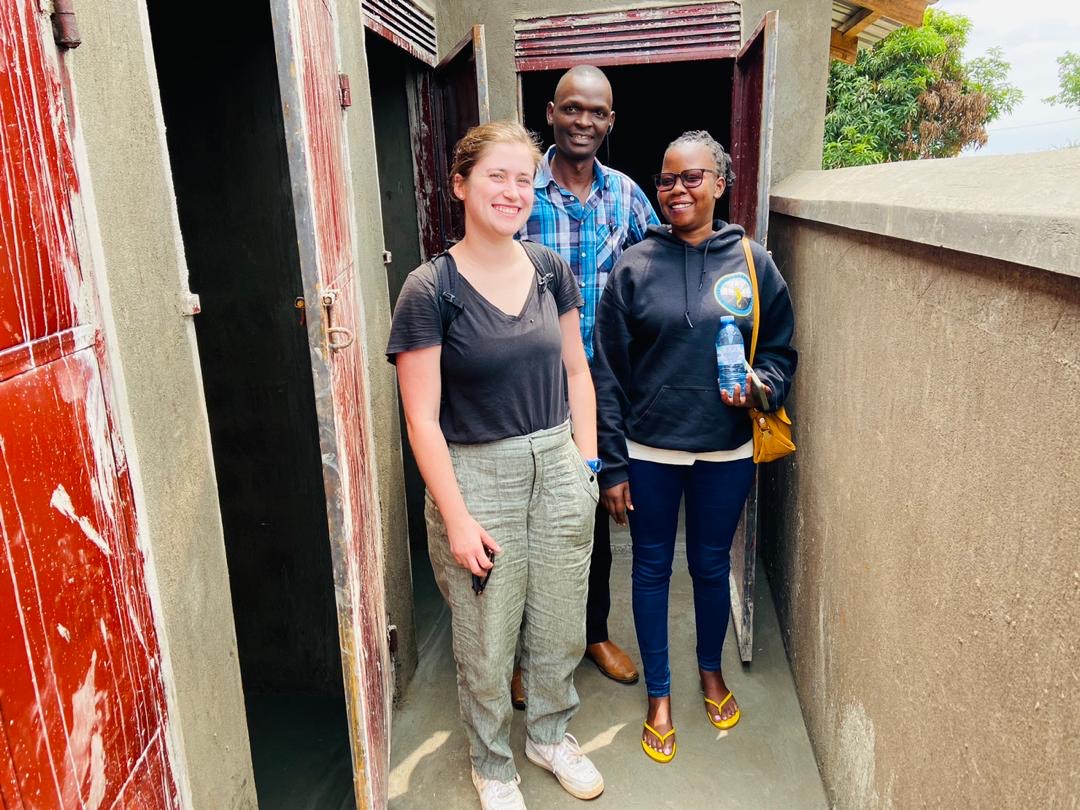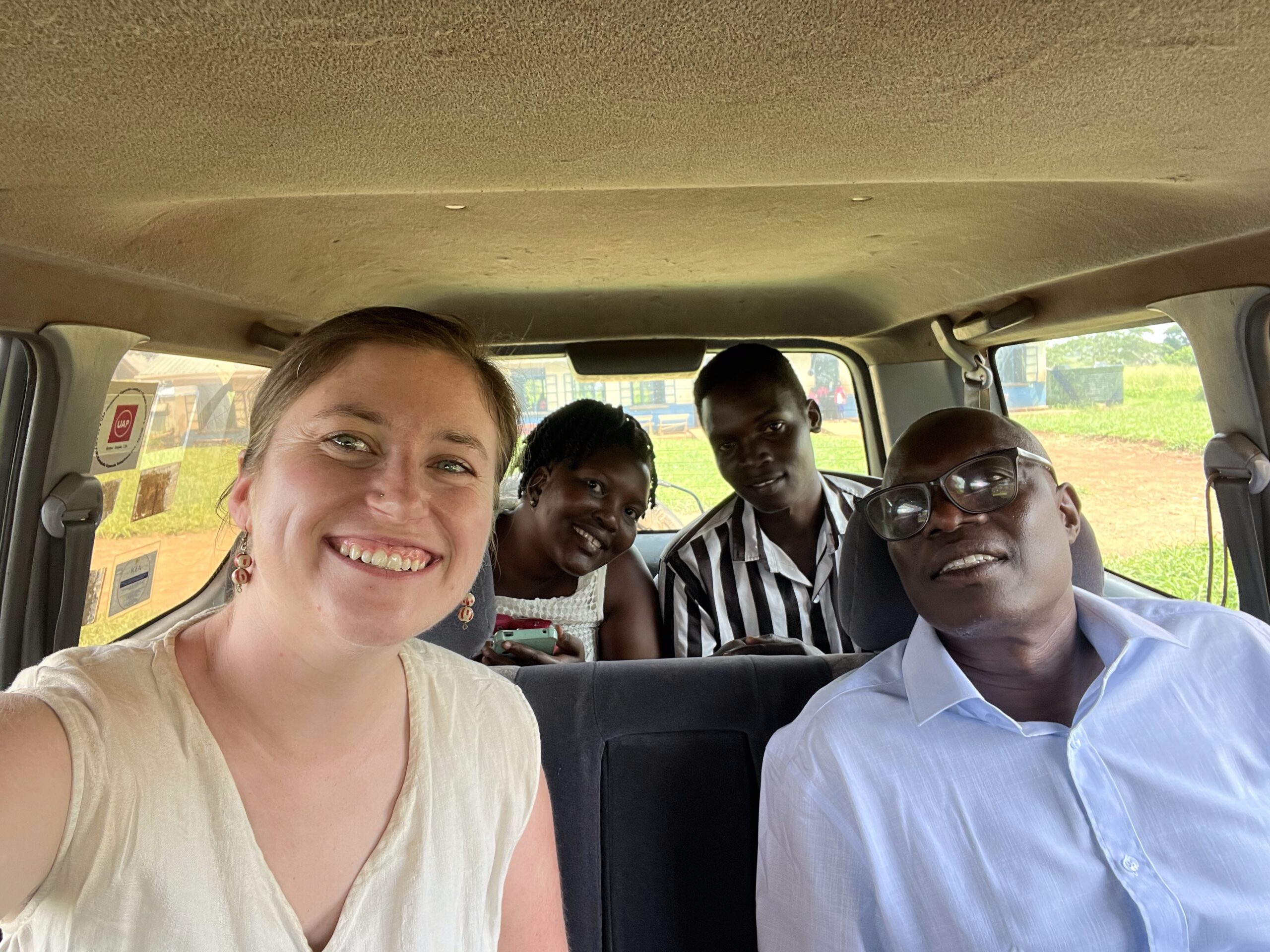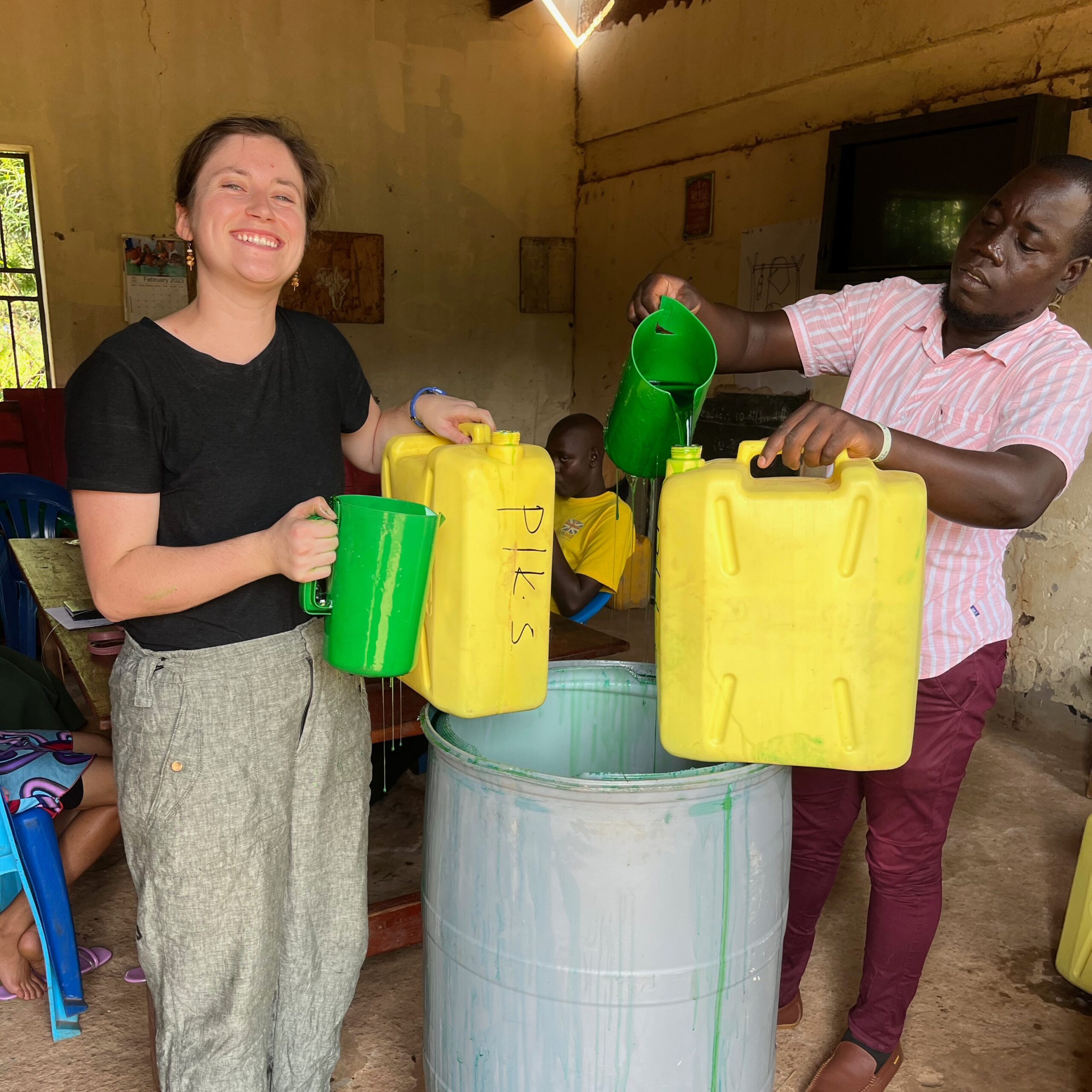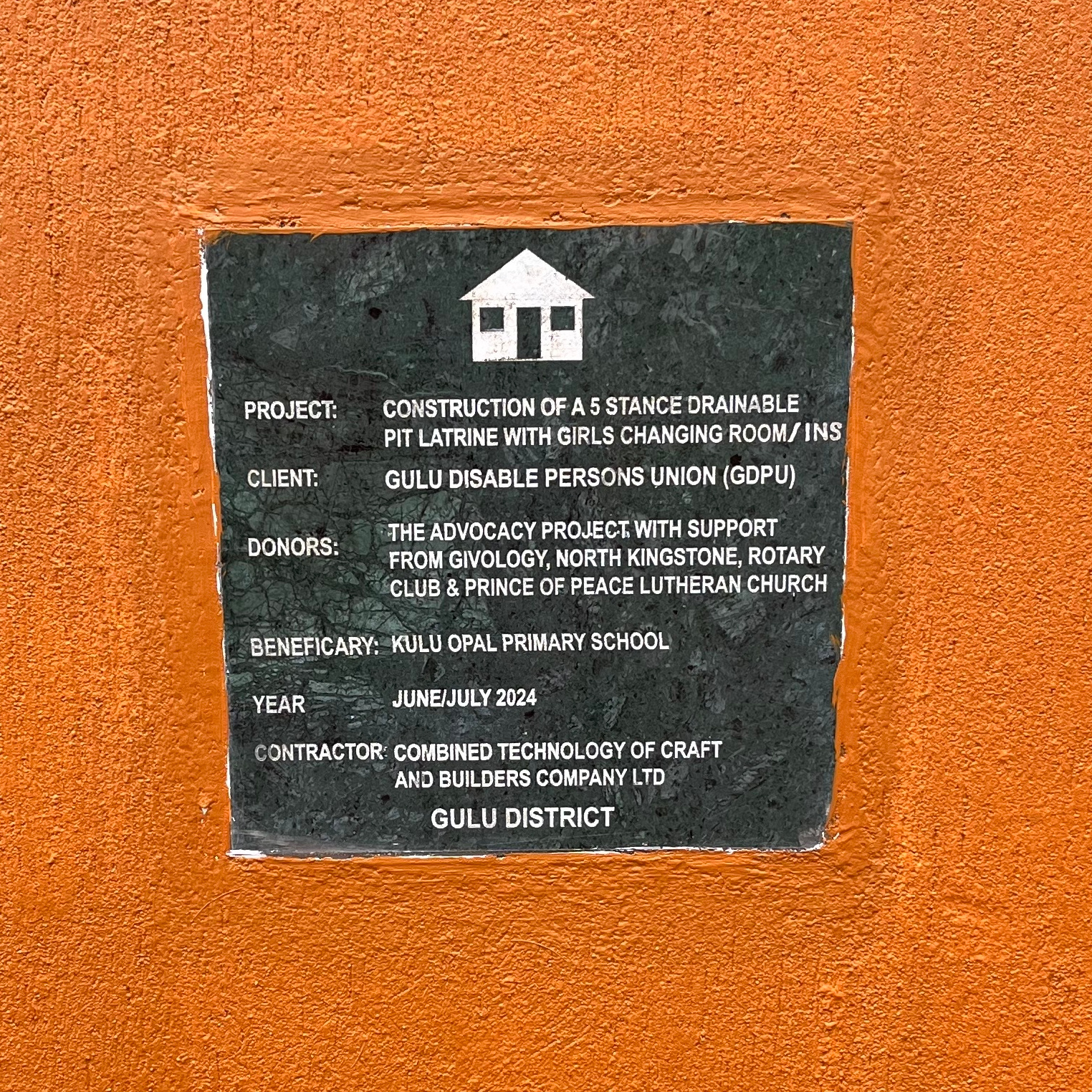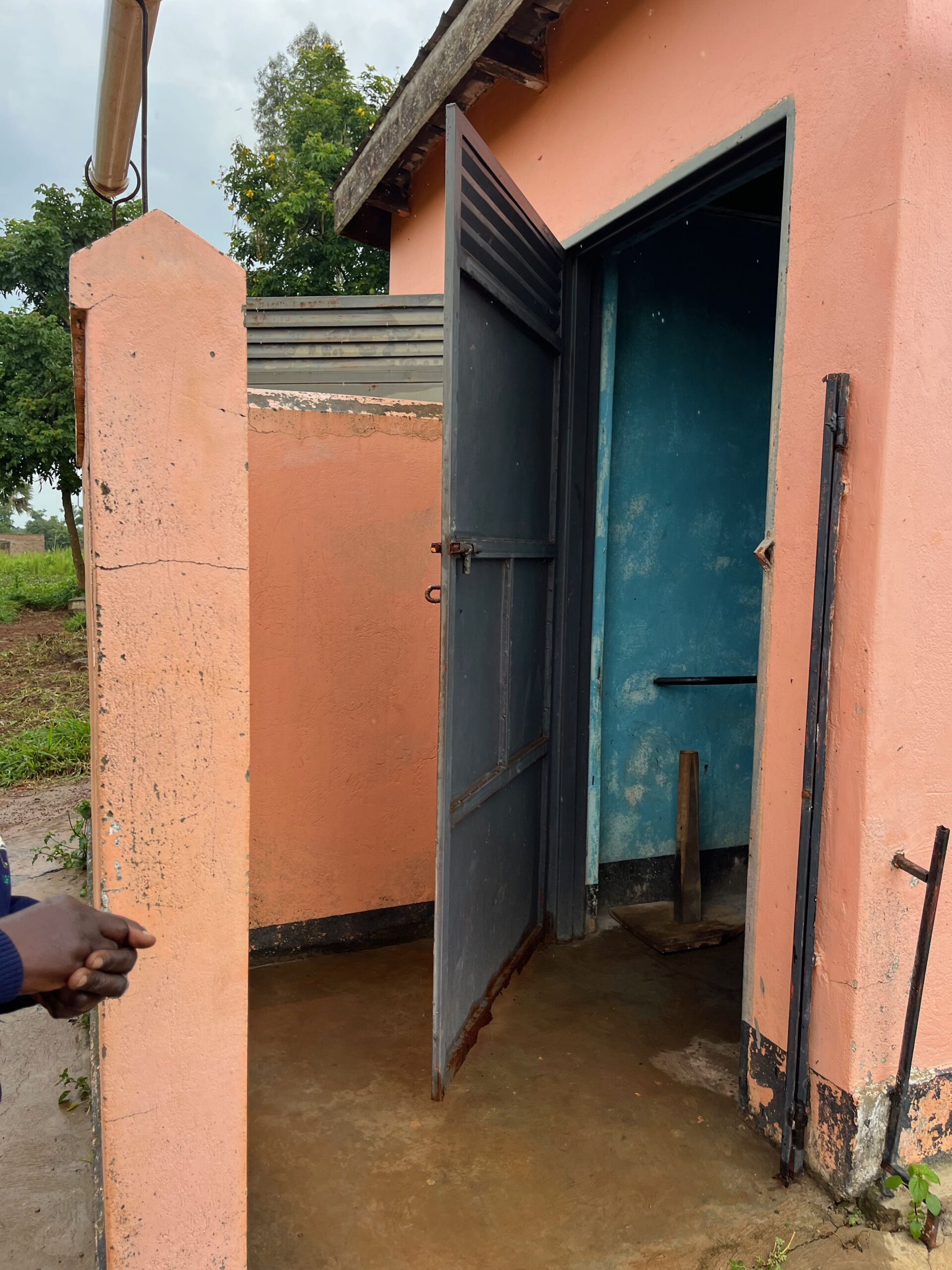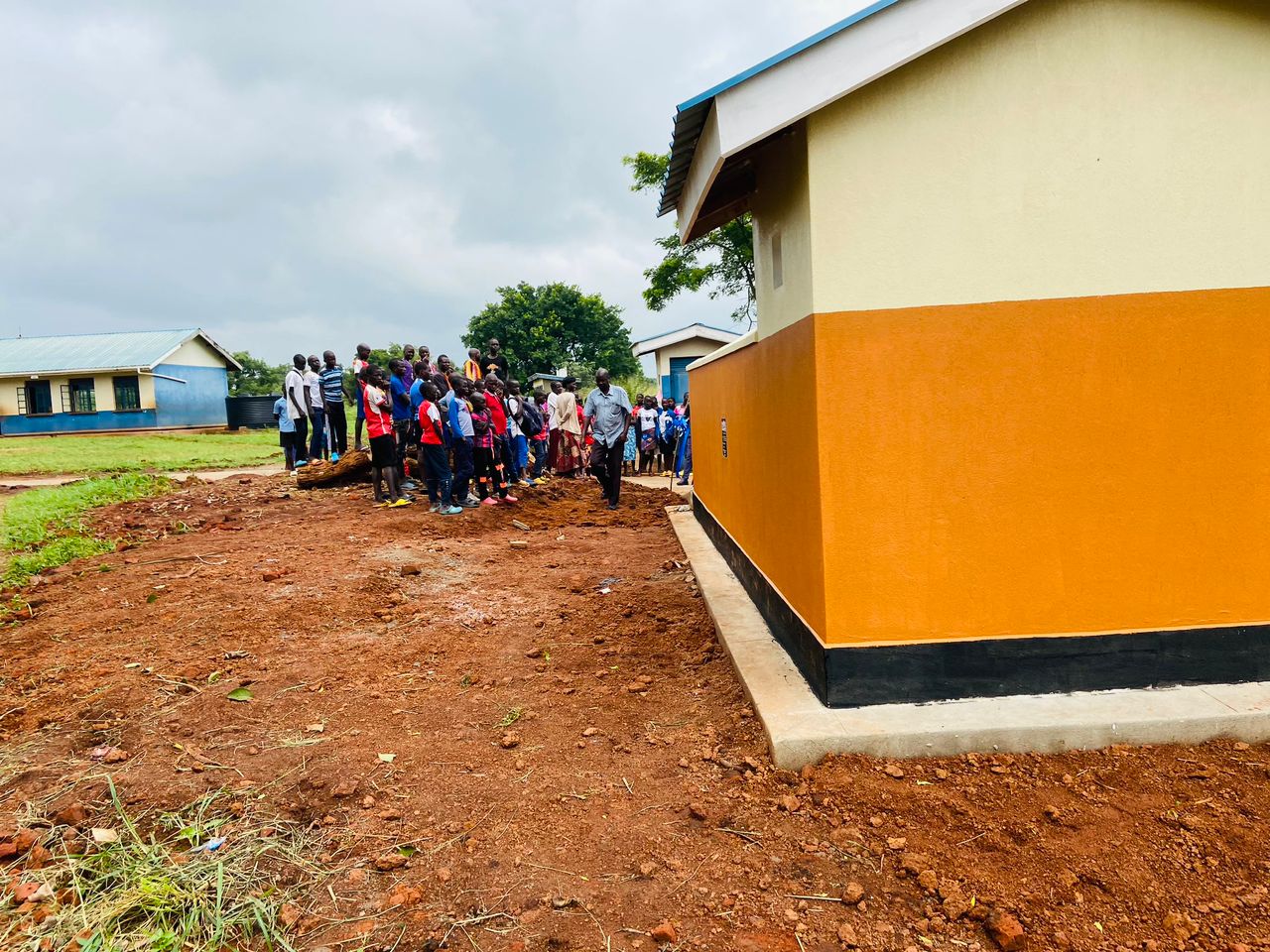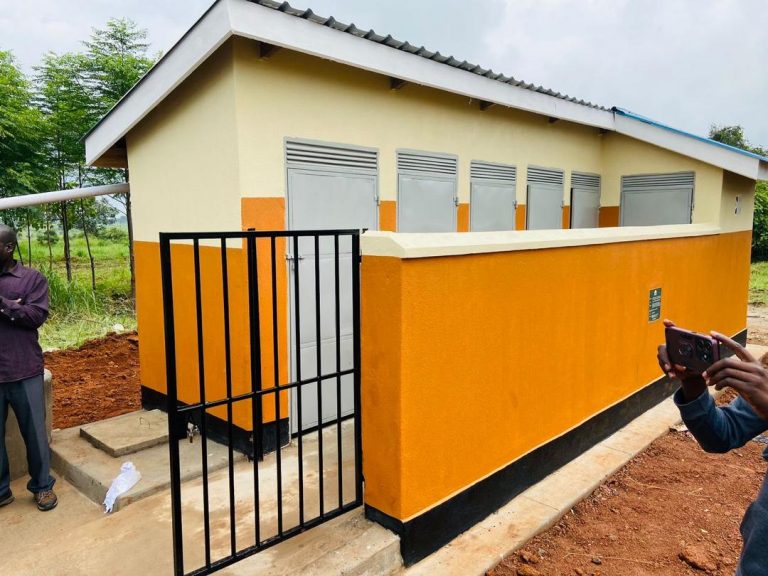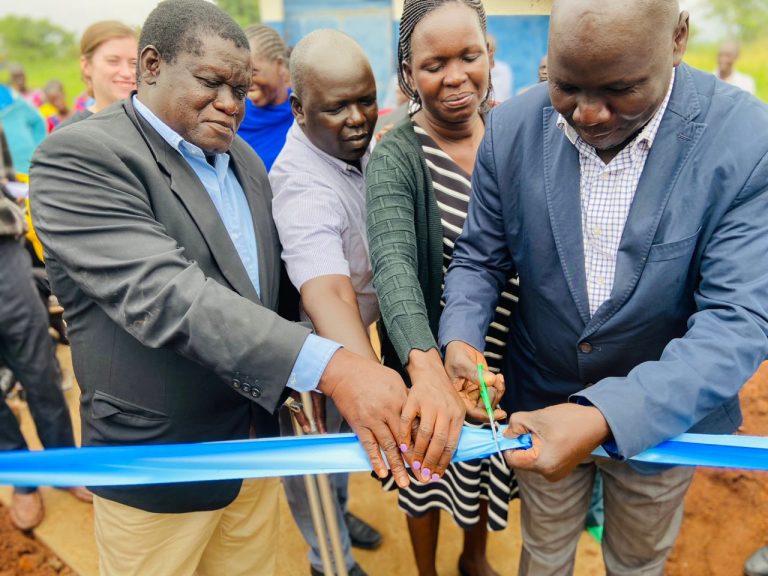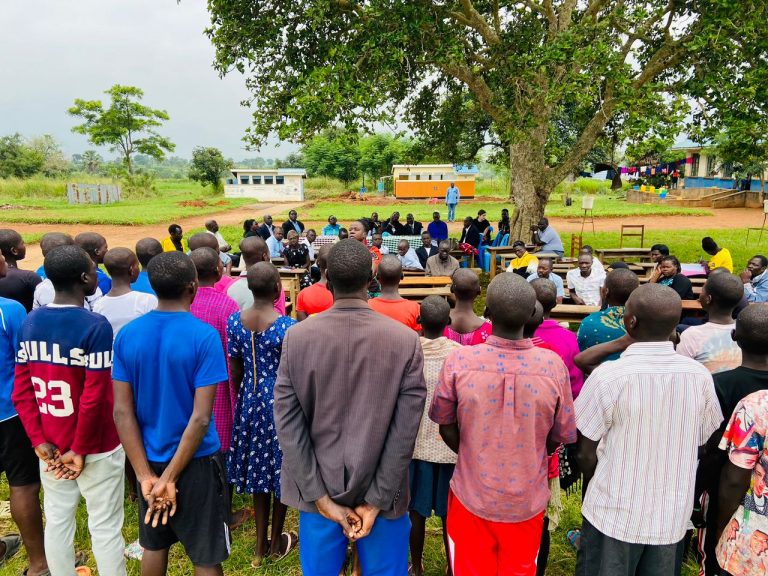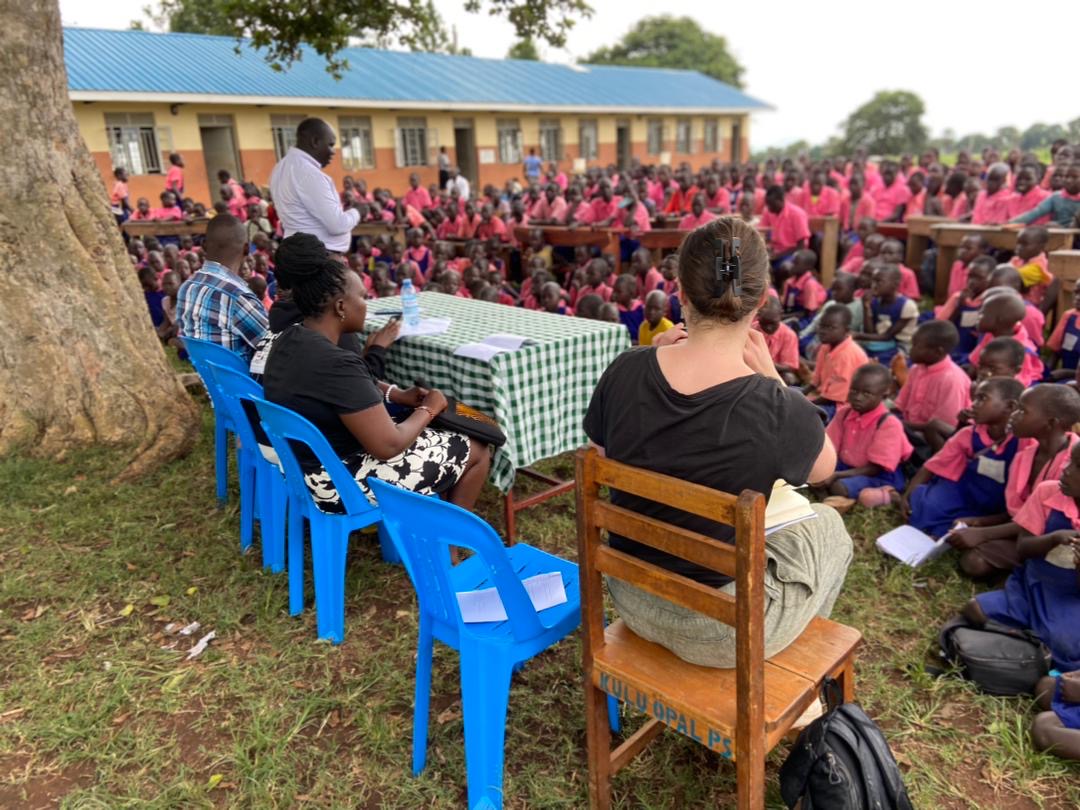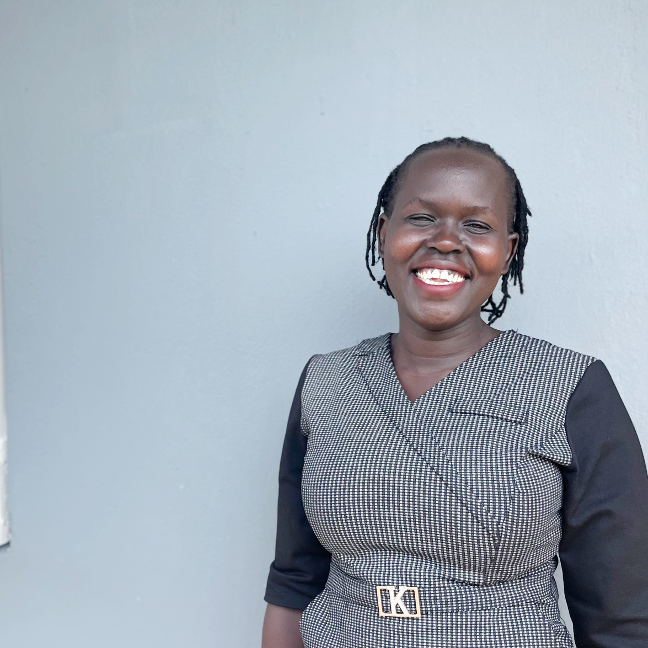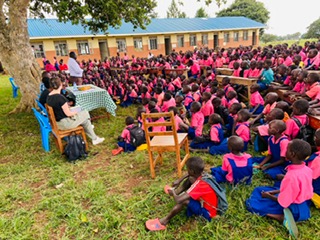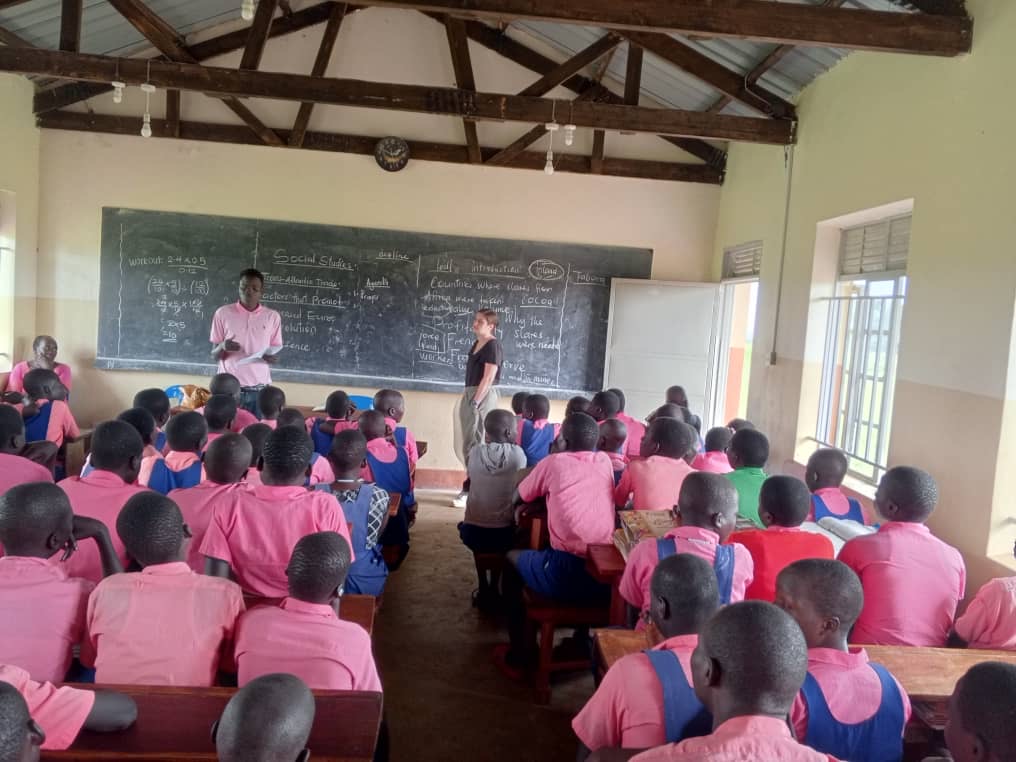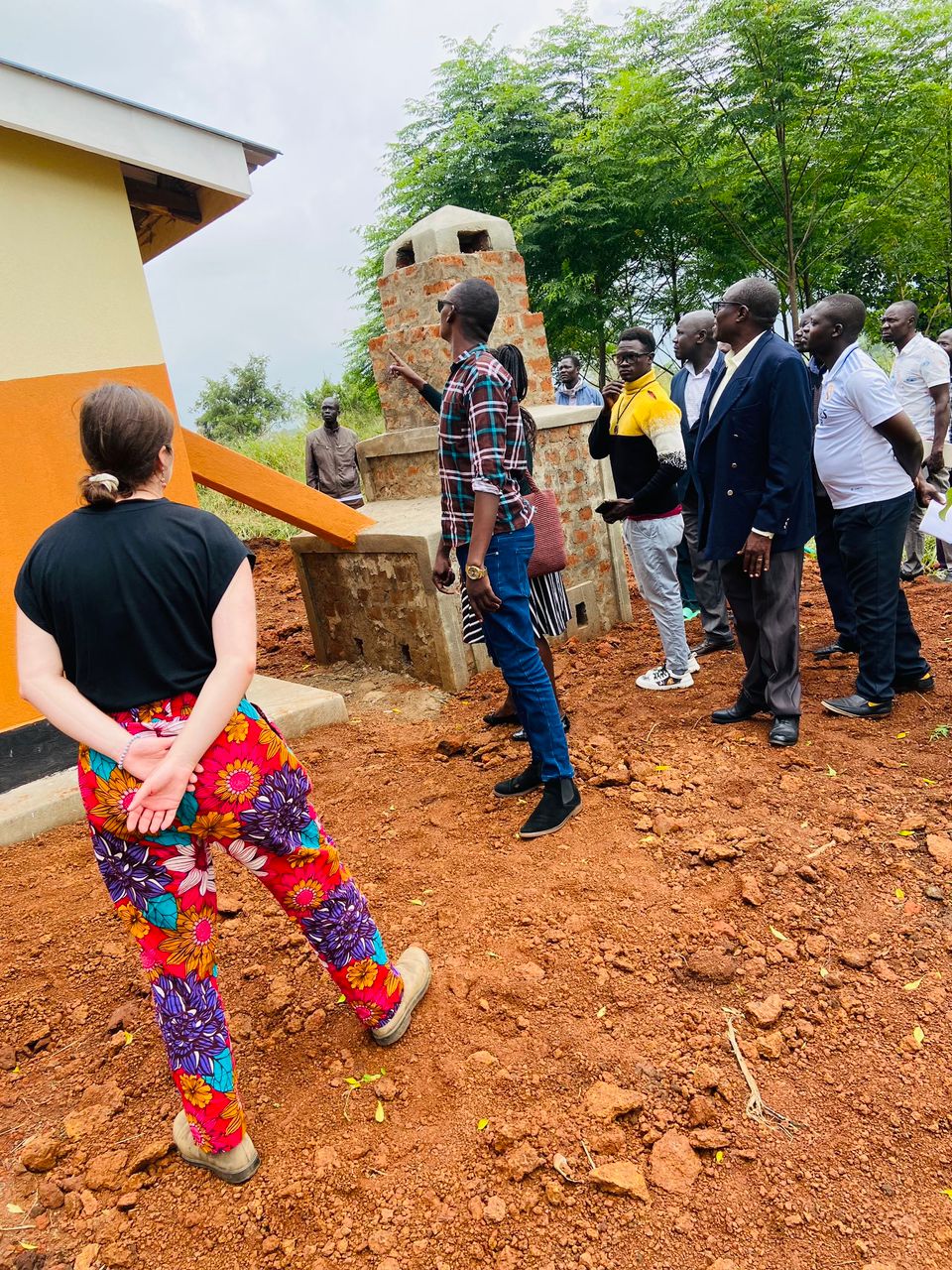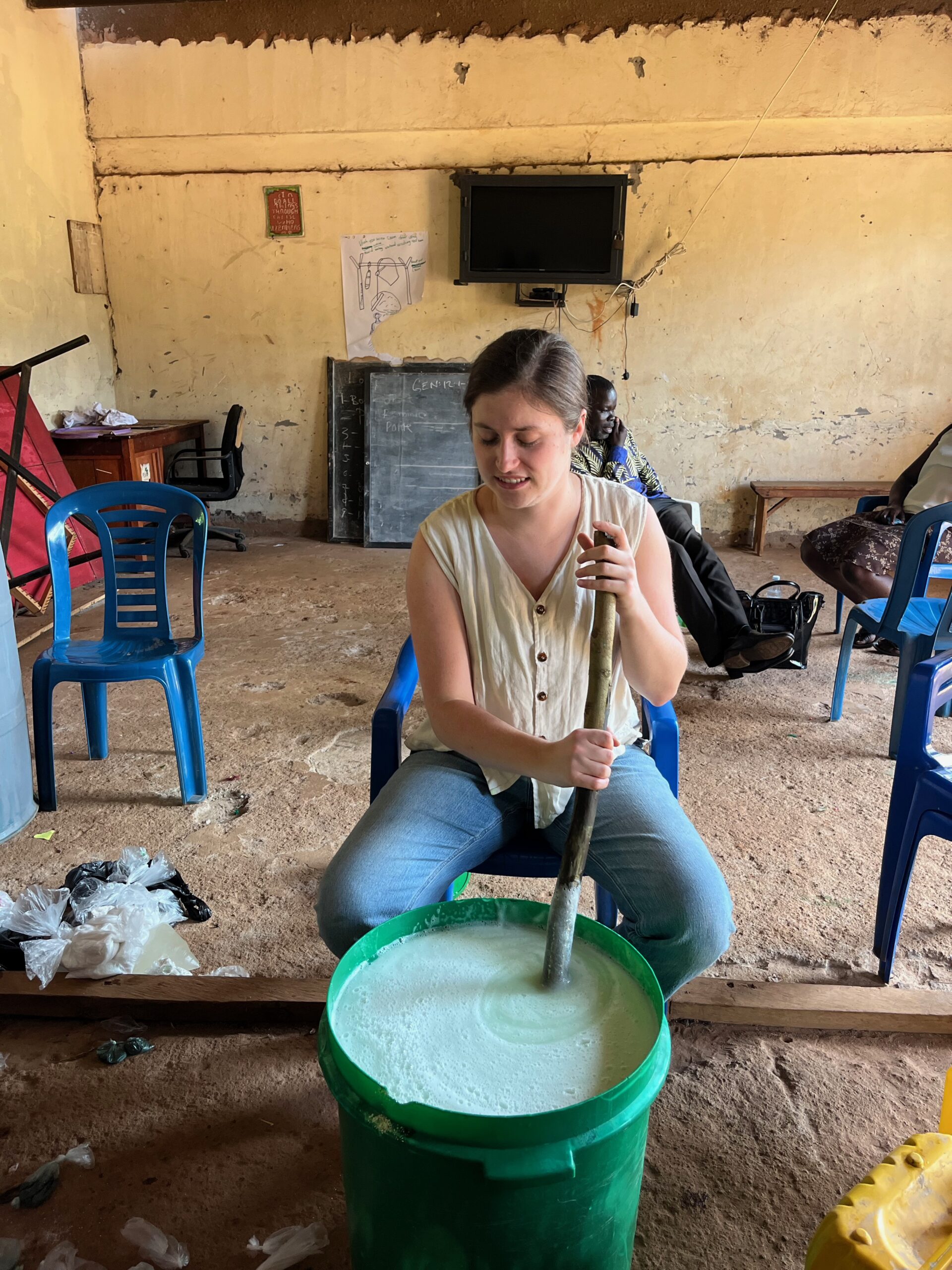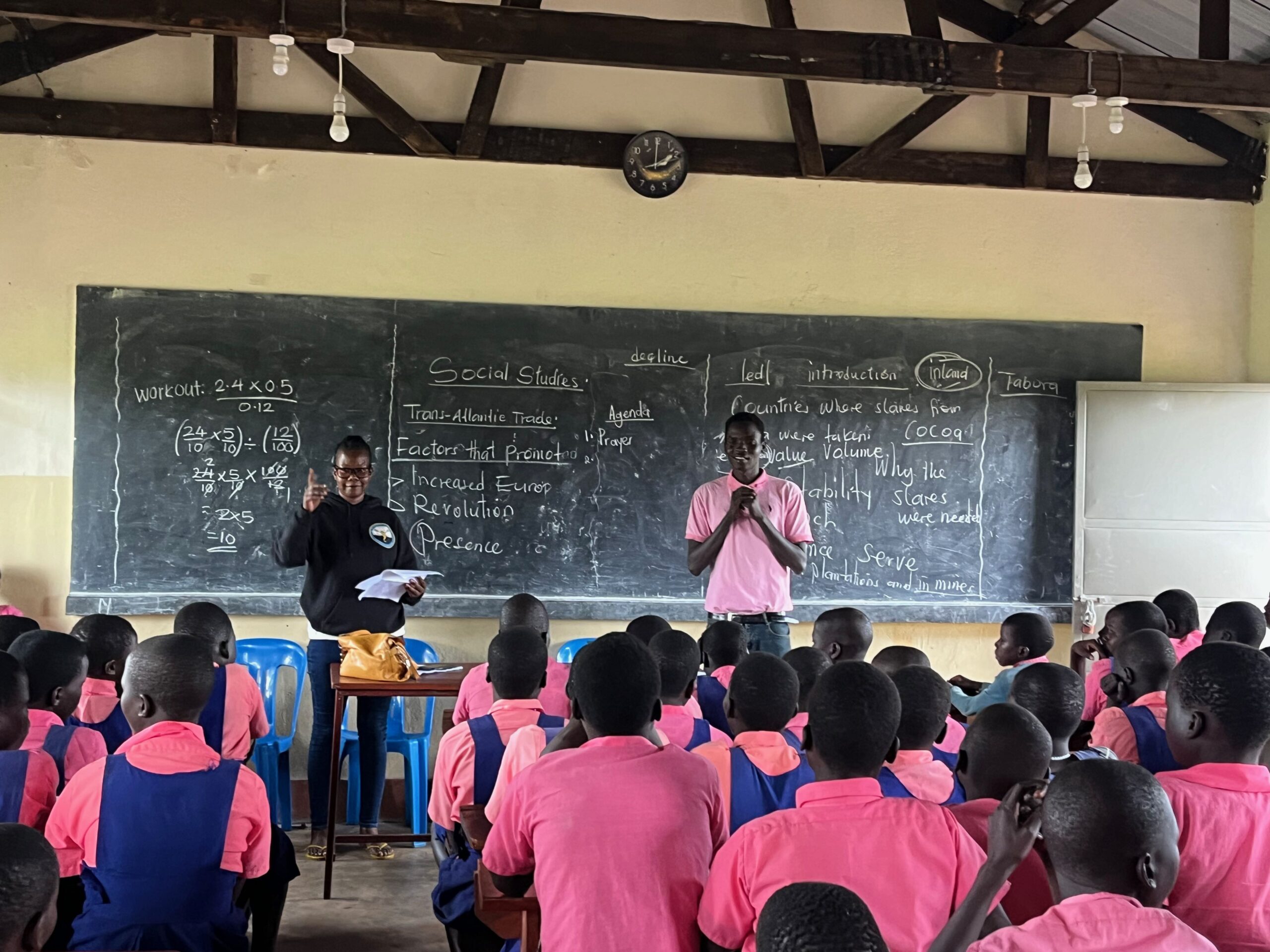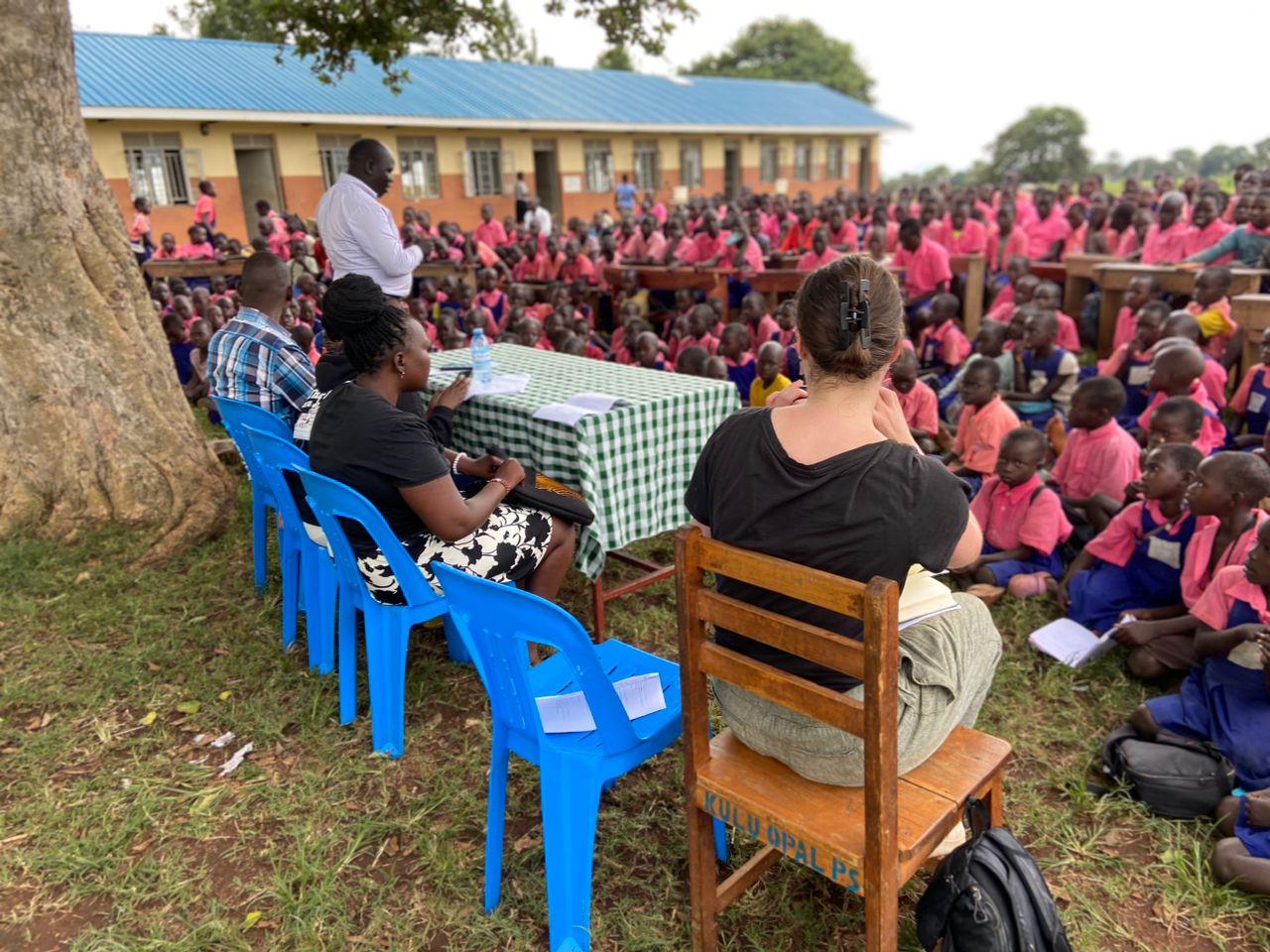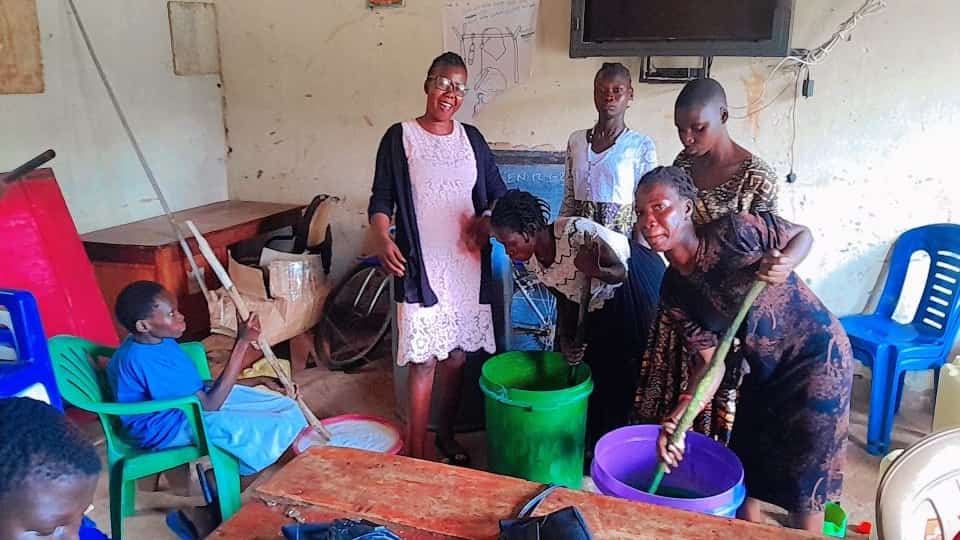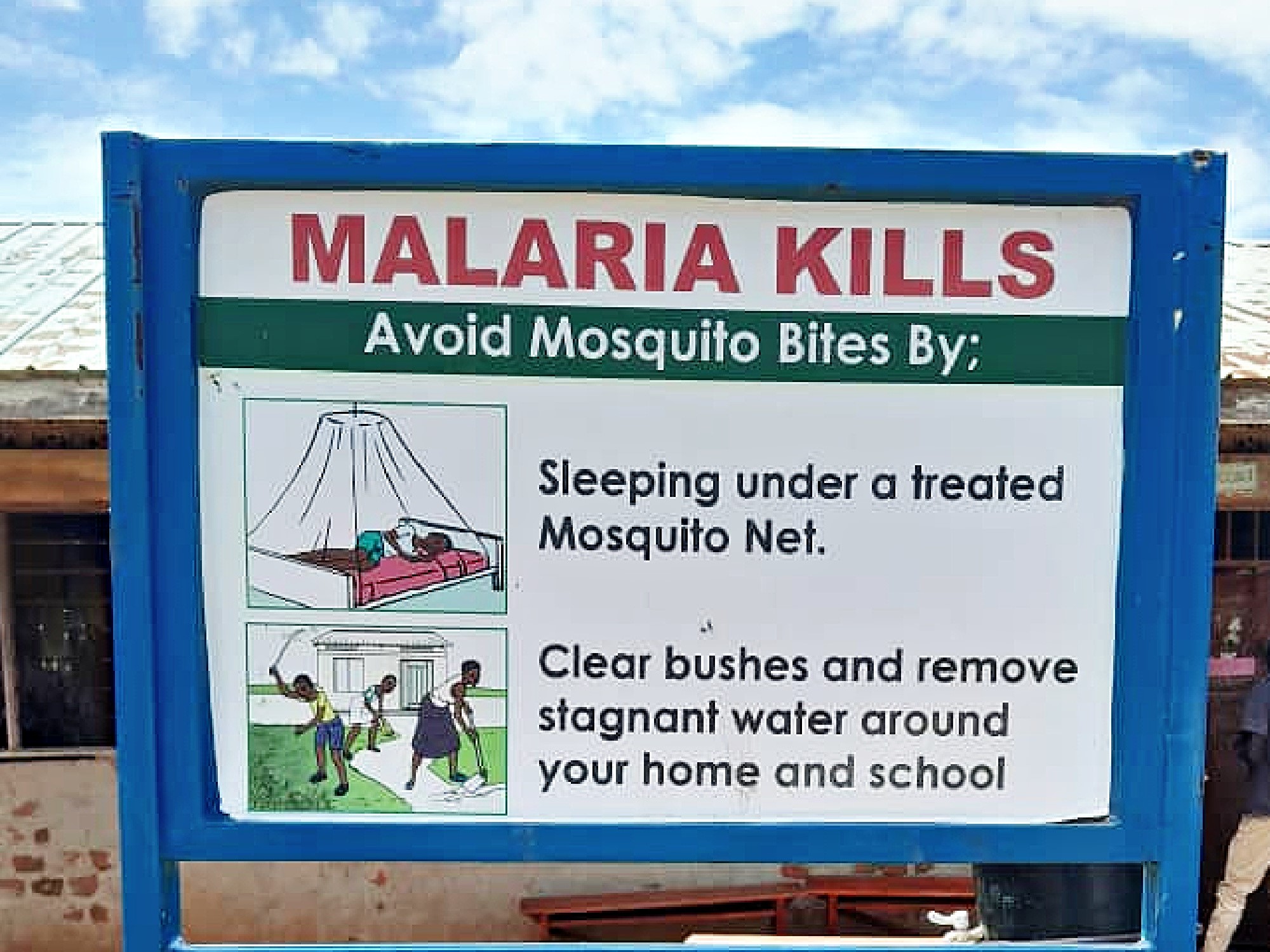WASH project Girls in the Gulu District
Sustainable Toilets for GirlsThank you for all the support in achieving our goal. If you wish to donate, please proceed.
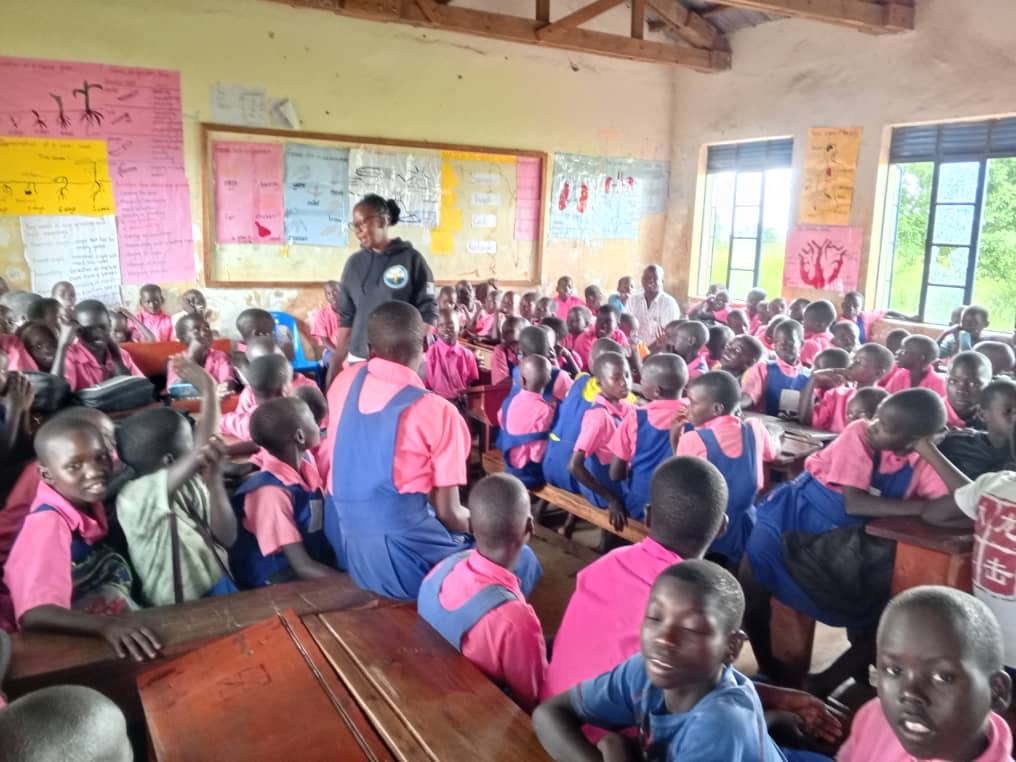
Expected Use of Funds
-
Salaries
3000
-
Construction
4600
-
Transportation
1100
-
Training
50
-
Community Participtaion
260
-
Soap Production
330
-
Overhead
660
Stats
-
Students Helped
3000
-
Villages
Lukodi, Awach, Tochi, Ogul, Abaka, Kulu Opal, Panykworo
-
District
Gulu Region
-
Country
Uganda
-
Partner
Advocacy Project
About the Project
The education of girls in Gulu District is threatened by the lack of functioning toilets and the complete absence of privacy. Both problems pose a clear risk to the health of girls and make it extremely difficult for girl students to manage their periods with dignity. The result is that many miss long stretches of school and often drop out completely. The problem is made worse by a chronic shortage of handwashing stations and water at many schools.
The project will work primarily at the Lukodi school, which has been requesting a new WASH package for two years, and seven primary schools that have received the WASH package from GDPU in past years. This will involve the following nine program goals and activities:
a) Engage parents: Under GDPU’s model, parents take responsibility for digging the latrine pit as a way to show their commitment to the new facilities. The Lukodi parents have enthusiastically agreed to participate.
b) Hire a contractor and install WASH at the Lukodi school package: This will take place between May and August. After choosing the most competitive bid, GDPU and the contractor will oversee digging of a latrine pit and build a row of five toilet stances on top. The WASH package will also include an incinerator for disposing of sanitary pads and a changing room where girls can rest during their periods, instead of being forced to go home to struggle alone.
c) Ensuring water for handwashing: The project will ensure that the Lukodi school has an adequate supply of water by asking 2-3 parents to supervise the school bore-hole, which is used by the entire village and sometimes breaks down as a result. The project will also provide 3 handwashing stations near the toilets for use by girl students, and install a 250-gallon tank to collect water during the rainy season and supply the entire school. The contractor will decide whether new gutters should be added.
d) Training: Building on years of experience, GDPU’s team will provide trainings for students, teachers and parents to promote inclusivity towards students with disability, personal and menstrual hygiene, and malaria avoidance.
e) Monitoring WASH at previous beneficiary schools: Every month, GDPU will visit the seven schools that have received WASH to ensure that the facilities are clean and well used.
f) Ensure WASH supplies: Emma Ajok, the project manager, will work with a team of GDPU members to produce 2,500 liters of Clean Wash liquid soap (a brand created by GDPU for persons with disability during the pandemic). The Lukodi school will receive 500 liters free. The seven other beneficiary schools will be offered soap at a discounted rate, thus generating income for the project in 2026.
g) Draining toilets: Latrine pits need to be drained every 2-3 years at a cost of $250 and the project will help beneficiary schools to drain as needed.
h) Improve WASH coordination in Gulu District: The District Education Office (DEO) has asked GDPU for support in re-establishing a committee with NGOs and INGOs that are supporting WASH, so as to avoid overlap. The committee lapsed during the pandemic. GDPU will ask that head teachers participate.
i) Building partnerships in Uganda and internationally: GDPU will work with The Advocacy Project and GDPU’s friends in the US and Europe to build support for WASH. In Uganda, GDPU will work closely with the local government and with the Gulu City Rotary Club. GDPU also hopes to connect again with the student volunteers at Givology, whose enthusiasm in 2024 was deeply empowering. AP will promote the WASH program in the US and internationally, with special focus on the growing network of organizations that support menstrual hygiene, and with WASH funders.
History
This project began in 2014 when GDPU and AP visited primary schools in Gulu and found overflowing toilets, demoralized teachers and a local government that lacked the funding to respond. Students with a physical disability were the most affected and several had dropped out rather than face the obvious inconvenience and taunting from other students.
The two partners responded by raising funds to install accessible toilets at the Tochi school in 2015. In 2017 Givology gave $4,000 to install toilets at at the Ogul school. In the years since the project picked up more funding from churches and even Rotary clubs. Lukodi will be the 8th school to benefit. If funding can be found, GDPU hopes to install WASH at two schools in 2026.
One important feature of this project is the way it has evolved as lessons are learned. It began as a response to disability in 2015 but broadened out to all students in 2017. In 2018 GDPU decided to focus on girl students, given their special needs. In 2022 the project added a changing room for girls after it became clear that girls need privacy during their periods. The 2024 project installed an incinerator to dispose of used sanitary pads.
Thus focus on innovation and learning from experience is central to GDPU’s model and explains why malaria prevention will be included in the 2025 activities. Uganda suffers from one of the highest rates of malaria in Africa and is responsible for high absenteeism in Gulu schools. The training will be led by Emma Ajok, the project manager, and conducted with a staff member from the local health center. This will reinforce GDPU’s partnership with the local government, a key goal for the project.
Another evolving feature of the project is support from students in the US through AP’s fellowship program and Givology. AP has sent 13 graduate students (Peace Fellows) to volunteer at GDPU since 2008 and several have provided indispensable support to the GDPU team. They are included in the 2025 program and budget.
Givology’s high school volunteers also boosted the morale of the GDPU team by their enthusiastic support and participation in a webinar on conclusion of the 2024 project at the Kulu Opal school.
Project Impact
The two partners have identified two types of impact that we hope to see in 2025: first, several broad impacts; and second, specific outcomes for each of the key activities listed above.
BROAD IMPACTS
– Enrollment: A jump in the enrollment of girl students at the Lukodi school following the installation of the 2025 WASH package.
– Improved hygiene: We expect the health – menstrual and otherwise – of the students to benefit, as measured by fewer visits to the local health center and absenteeism
– Deepening partnership between GDPU and the local government District Education Office (DEO), as measured by the DEO’s education strategy in 2026 and beyond. This stregy should involve: a) identifying new schools for GDPU to work in; b) investing government funding in schools recommended by GDPU; c) using GDPU innovations, such as incinerators and parental involvement, at new projects; and d) working with GDPU and AP to secure full funding for the program going forward.
– Growing interest in WASH and Africa among high school students in the Global North.
– Full funding for two schools in 2026 and future years.
– GDPU’s expertise in education, WASH and disability will increase and attracts core funding from donors, GDPU’s participation in the global discussion over WASH and the SDGs will also grow
ACTIVITY-SPECIFIC IMPACTS
– Parents at Lukodi will commit to the 2025 program, as measured by the number that help to dig the latrine
– The Lukodi WASH facilities will be installed on time and to budget and opened at a community ceremony in August.
– Water will be available year-round at the Lukodi school in 2026 and beyond.
– Students, teachers and parents at Lukodi will attend, and learn from, 4 trainings by GDPU in 2025. Measured by a survey questionnaire.
– All seven previous beneficiary schools will maintain clean toilets and ensure proper water supply, as measured by GDPU monitoring data on the shared Drive.
– All 8 schools will be supplied with and use liquid soap, toilet paper and brooms, ensuring cleanliness.
– None of the 8 schools will have full latrines by the end of 2025, further improving hygiene.
– The WASH coordinating committee will be functioning by the end of 2025 and include the Lukodi head teacher, ensuring consistency between all INGO WASH projects.
– American students and small donors will actively support the project in 2025, measured by the presence of an AP Peace Fellow, remote meetings and funding.
– The steady supply of high quality information will expand support for the project internationally as measured by opens on bulletins, likes and shares on social media, and donations.
Project Team Credentials
After ten years of developing this WASH model GDPU and The Advocacy Project have developed considerable expertise are working the nexus between WASH, the education of girls and disability.
The partners will field a strong team in 2025:
Coordinator: The project will be led by Patrick Ojok, Director of GDPU. Patrick is a former teacher and represents persons with disability on the Gulu District Council. Patrick will oversee all aspects of the program and work with AP to raise funds and promote the project internationally.
Field manager: Emma Ajok has managed the past 5 WASH projects and is much respected by head teachers in Gulu District. Emma will upload all monitoring data to the Drive every month.
Accountant: Patrick Komakech will maintain accounts, keep receipts, update the budget and manage Bank transfers.
Social media and field monitoring: Joseph Okwir will post weekly on social media and help Emma Ajok implement field monitoring.
Driving: Travel in Gulu can be stressful and unpredictable, particularly during the rainy season, and demands a steady hand on the wheel. Walter Otika has driven for the WASH project since 2014.
US graduate Peace Fellow (TBD): All but one of the 13 graduate Fellows deployed by AP to GDPU since 2008 have made a major impact and returned enriched by the experience. Many have gone on to work in development. We expect the same of our 2025 Fellow.
Support and advice from AP in the US: will be provided by Iain Guest who helped develop the original WASH start-up and has coordinated AP’s involvement in the years since.
Search
Avani Fachon
Chief Information Officer & Social Media Director
Joyce Meng is a co-founder and CEO of Givology. She’s very passionate about education, traveling, impact evaluation, and data analysis in philanthropy. She is a Rhodes Scholar, receiving a MSc in Development Economics and a MSc in Financial Economics from Oxford University. Every day, she’s completely inspired by her Givology team and their creative ideas to raise awareness and get people engaged with making a difference! Her personal website is www.joycemeng.com. In her spare time, she plays ice hockey and takes long walks in New York City.
David Cohen
Tech Lead
Joyce Meng is a co-founder and CEO of Givology. She’s very passionate about education, traveling, impact evaluation, and data analysis in philanthropy. She is a Rhodes Scholar, receiving a MSc in Development Economics and a MSc in Financial Economics from Oxford University. Every day, she’s completely inspired by her Givology team and their creative ideas to raise awareness and get people engaged with making a difference! Her personal website is www.joycemeng.com. In her spare time, she plays ice hockey and takes long walks in New York City.
Philip Gavlan
Chief Information Officer & Social Media Director
Joyce Meng is a co-founder and CEO of Givology. She’s very passionate about education, traveling, impact evaluation, and data analysis in philanthropy. She is a Rhodes Scholar, receiving a MSc in Development Economics and a MSc in Financial Economics from Oxford University. Every day, she’s completely inspired by her Givology team and their creative ideas to raise awareness and get people engaged with making a difference! Her personal website is www.joycemeng.com. In her spare time, she plays ice hockey and takes long walks in New York City.
Jennifer Chen
Co-Founder and President
Joyce Meng is a co-founder and CEO of Givology. She’s very passionate about education, traveling, impact evaluation, and data analysis in philanthropy. She is a Rhodes Scholar, receiving a MSc in Development Economics and a MSc in Financial Economics from Oxford University. Every day, she’s completely inspired by her Givology team and their creative ideas to raise awareness and get people engaged with making a difference! Her personal website is www.joycemeng.com. In her spare time, she plays ice hockey and takes long walks in New York City.
Joyce Meng
Co-Founder and Chief Executive Officer
Joyce Meng is a co-founder and CEO of Givology. She’s very passionate about education, traveling, impact evaluation, and data analysis in philanthropy. She is a Rhodes Scholar, receiving a MSc in Development Economics and a MSc in Financial Economics from Oxford University. Every day, she’s completely inspired by her Givology team and their creative ideas to raise awareness and get people engaged with making a difference! Her personal website is www.joycemeng.com. In her spare time, she plays ice hockey and takes long walks in New York City.
